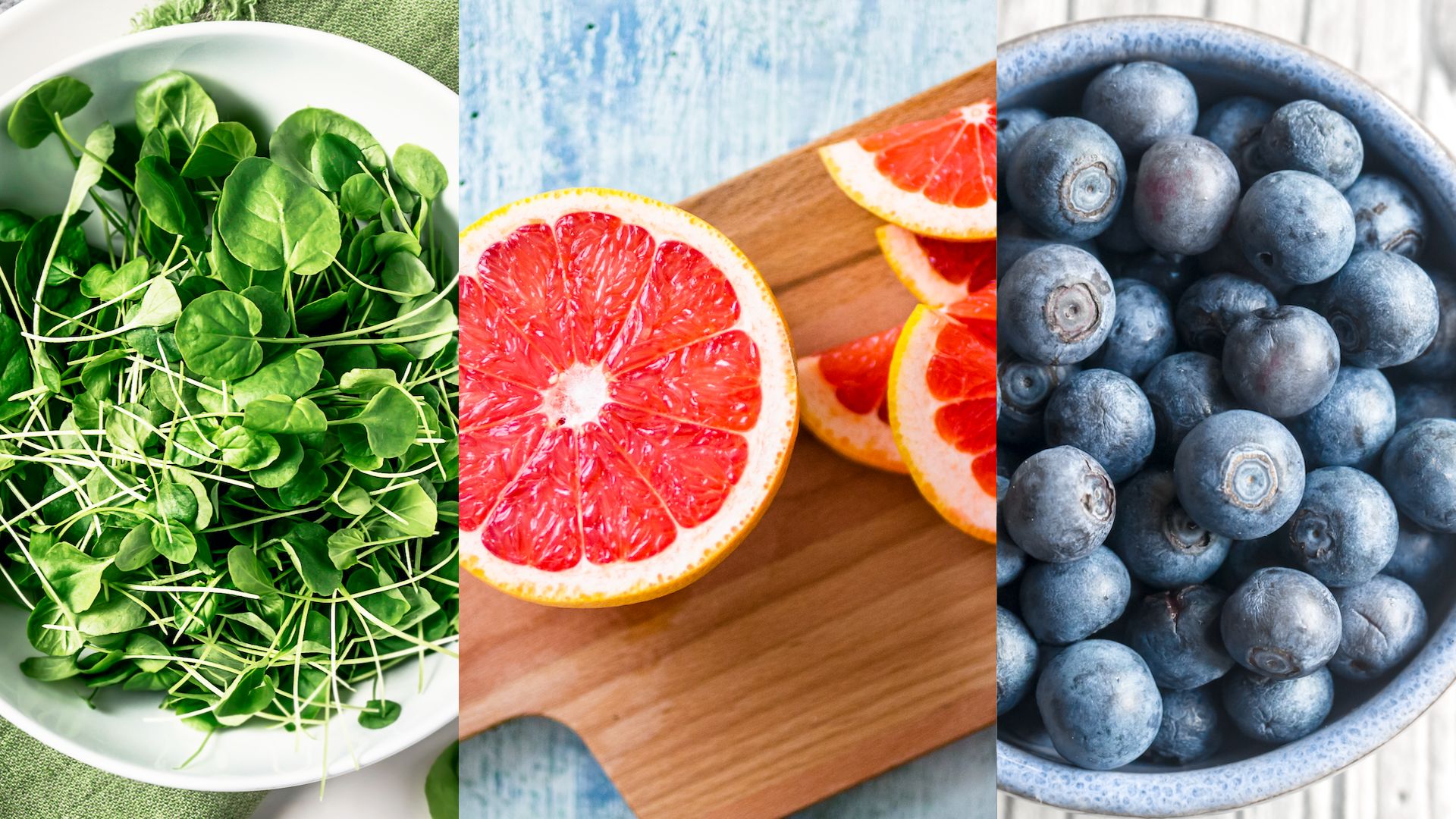
The foods that will help you keep you hydrated, particularly if you struggle to sip on enough water each day, are vital for overall health. Given that H20 takes up two-thirds of our body, being dehydrated can impact things like brain power, weight management and the digestive system. Drinking too little daily can lead to symptoms such as tiredness, headaches and dry skin.
We're encouraged by official guidelines to drink at least 1.2 litres of water - the equivalent of six to eight mugs - per day. However, your body will likely need more if the weather is hot or if you've been exercising, such as strength training or going for a run. If that sounds like a daunting amount of water, then the good news is that research has shown you can get as much as 40% of your required intake via food.
Indeed, the items on your plate will have their own varying levels of water content, and there are likely to already be some very hydrating game-changers in your fridge - with many thirst-quenching fruits and vegetables around. However, there are several other groceries - including dairy products - that pack a punch when it comes to H20...
The 32 foods that will help you keep you hydrated
1. Watermelon
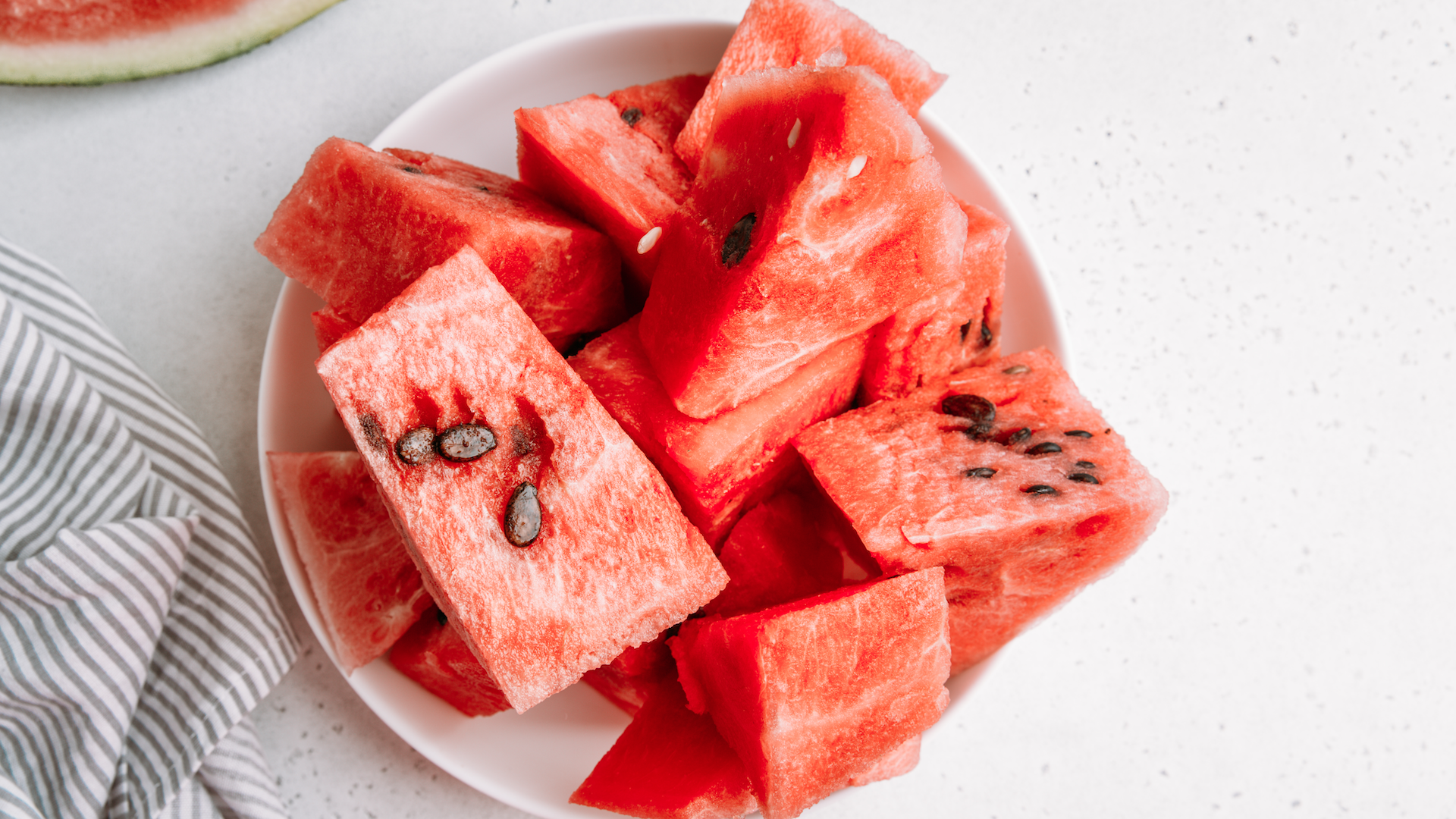
There is a reason why you're so drawn to watermelon during summer. It is one of the most hydrating foods out there, with a water content of 92 per cent. For this reason, the tropical fruit is also very low-calorie, if you're wondering what to snack on when dieting, with a study finding a link to lower body weight when it was consumed daily.
2. Strawberries
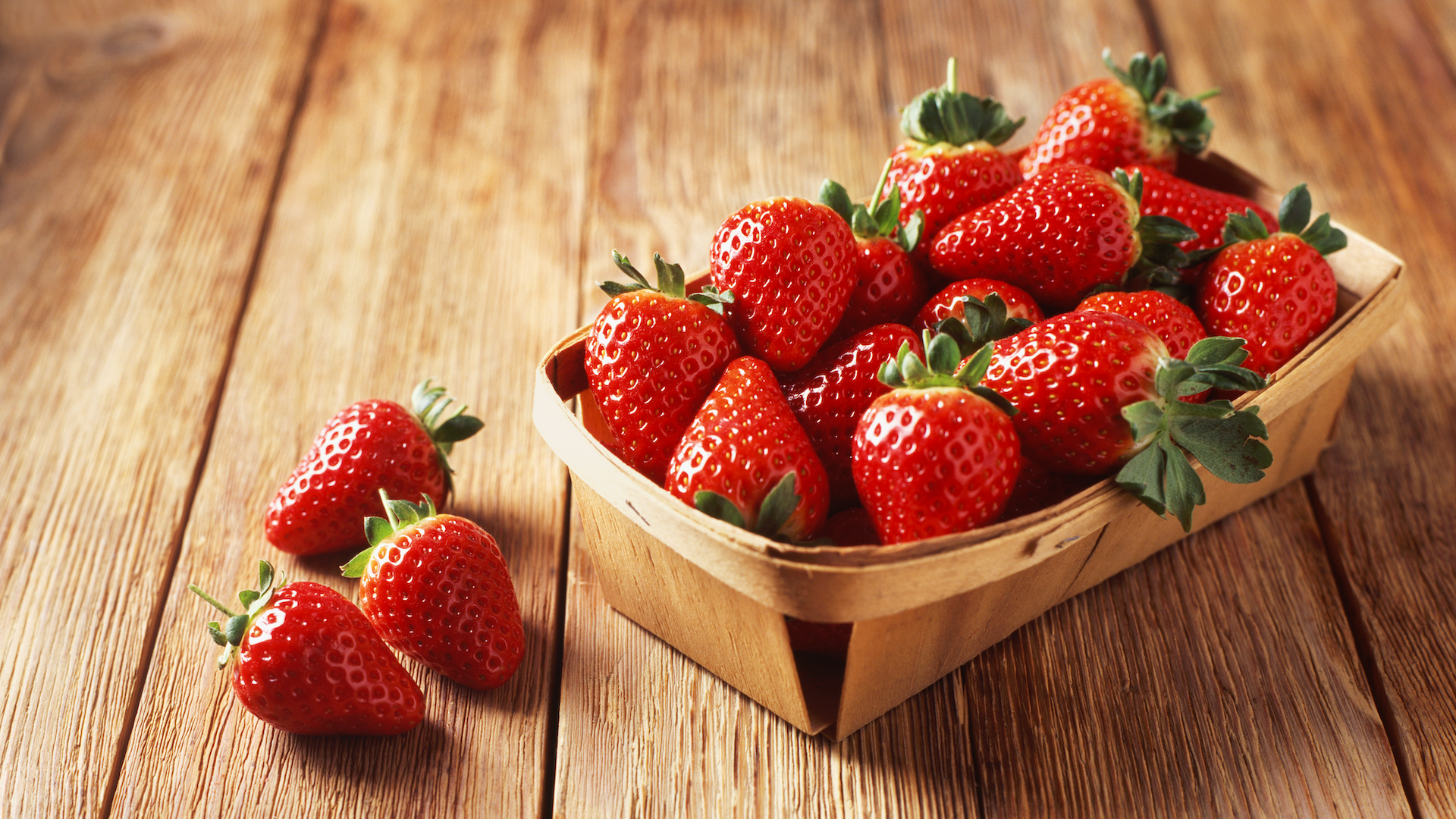
Few things say summer quite like strawberries, whether that's on the beach or at a picnic. The fruit is particularly thirst-quenching on warmer days, with a water weight of about 91 per cent. But that's not it - they have been found by research to have an anti-inflammatory effect on the body, which could lead to a reduction in heart disease risk and protection against some cancers.
3. Peaches
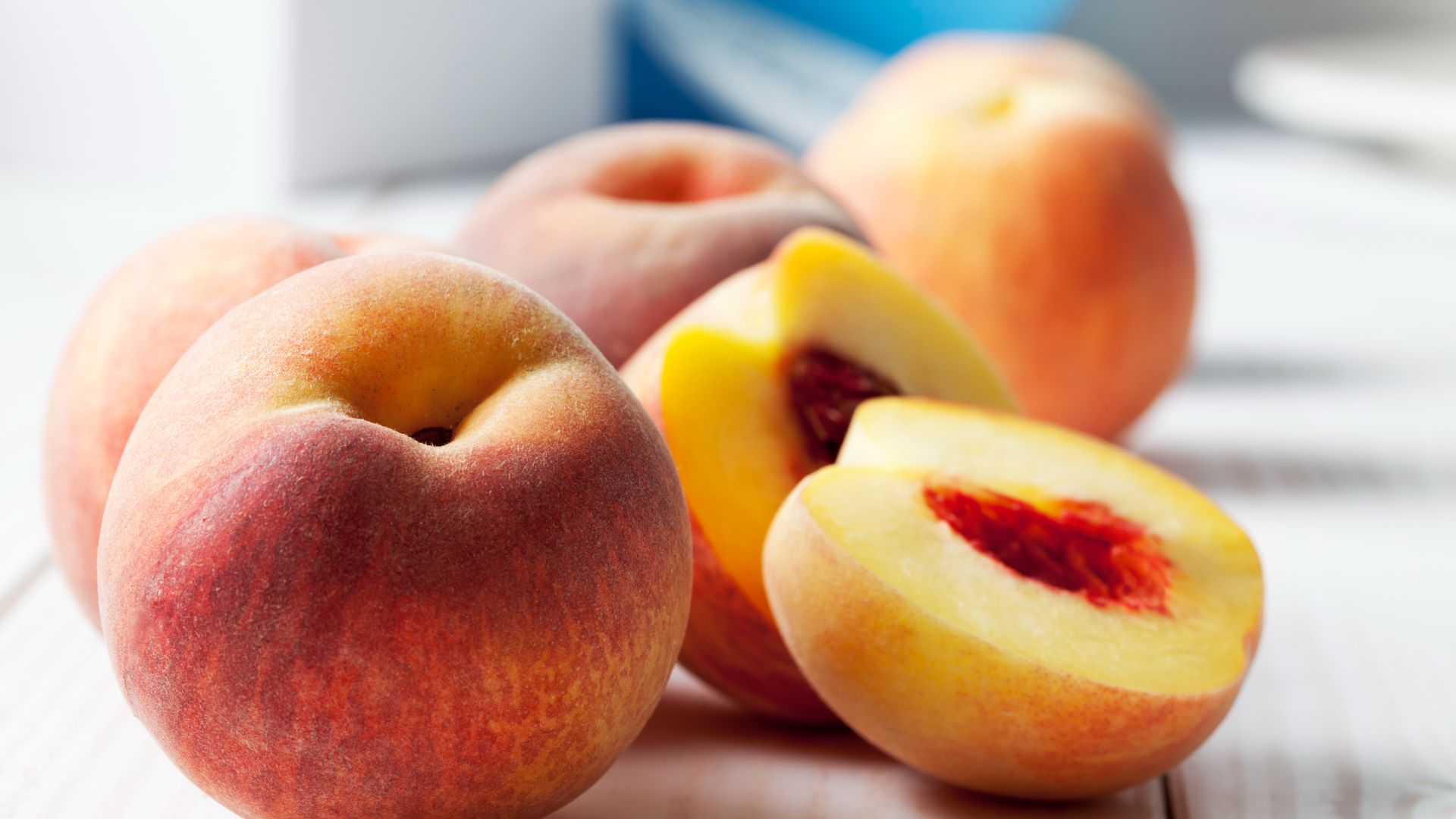
Peaches are a great way to change up your fruit consumption, and they are delicious as a yoghurt topping for breakfast or mixed into salads for lunch. They have a water weight of 90 per cent, but are surprisingly filling thanks to their high fibre content. Keep the skin on - there is evidence it contains antioxidants, which may ward off disease.
4. Oranges

They are already a go-to snack, but oranges can also help hydrate you - containing an 86 per cent water content. However, there are more perks that come with the fruit, which is a rich source of vitamin C - research has shown that it can boost levels of the antioxidant in juice form, if you haven't got time to faff around with peel.
5. Cucumber
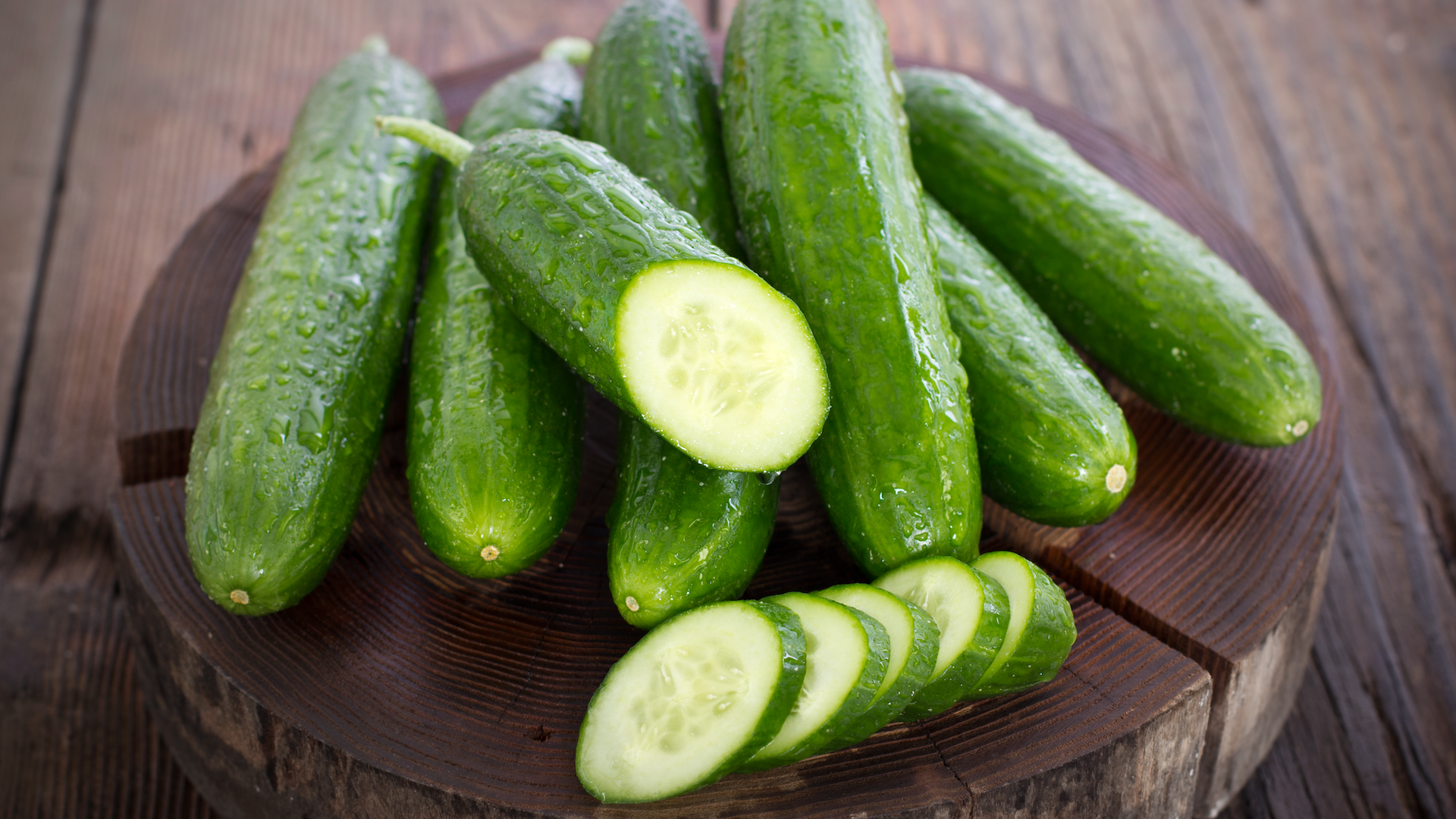
Cucumbers are an ideal addition to salads and smoothies during balmy periods. The vegetable is around 96 per cent water - the highest of any food - making them seriously refreshing. They also contain a soluble fibre called pectin, which a study found aids bowel movements, simultaneously making it a gut-healthy food since it feeds 'good' gut bacteria for boosted digestion.
6. Lettuce
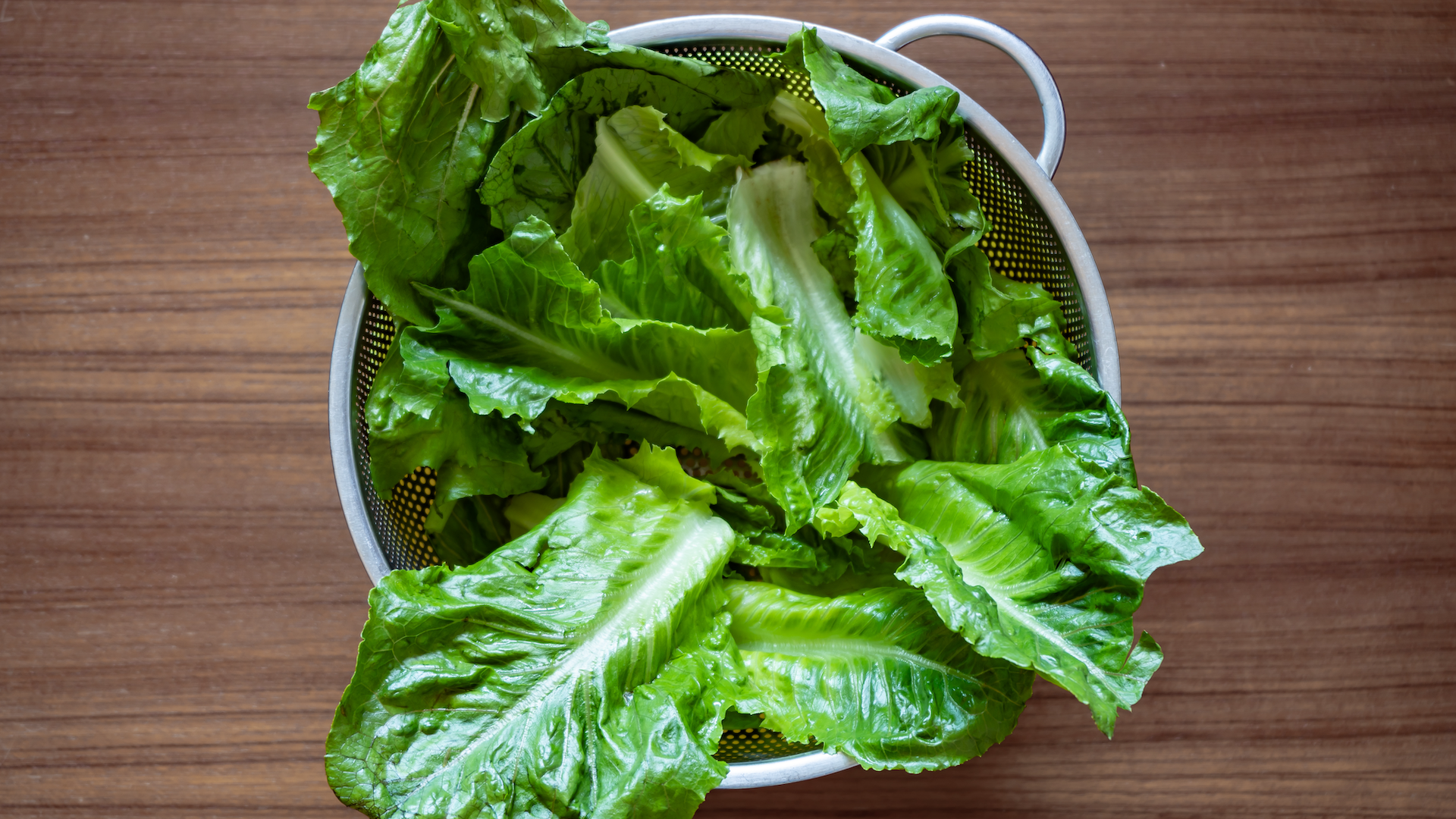
Pile up your salad with lettuce for a hydrating lunch. They have a 95 per cent water content, and you can benefit from many other essential nutrients at the same time. For instance, the leaves are rich in vitamin K, which has been shown by research to be key for bone health and warding off osteoporosis - something particularly important for women going through menopause, due to declining oestrogen levels.
7. Soup
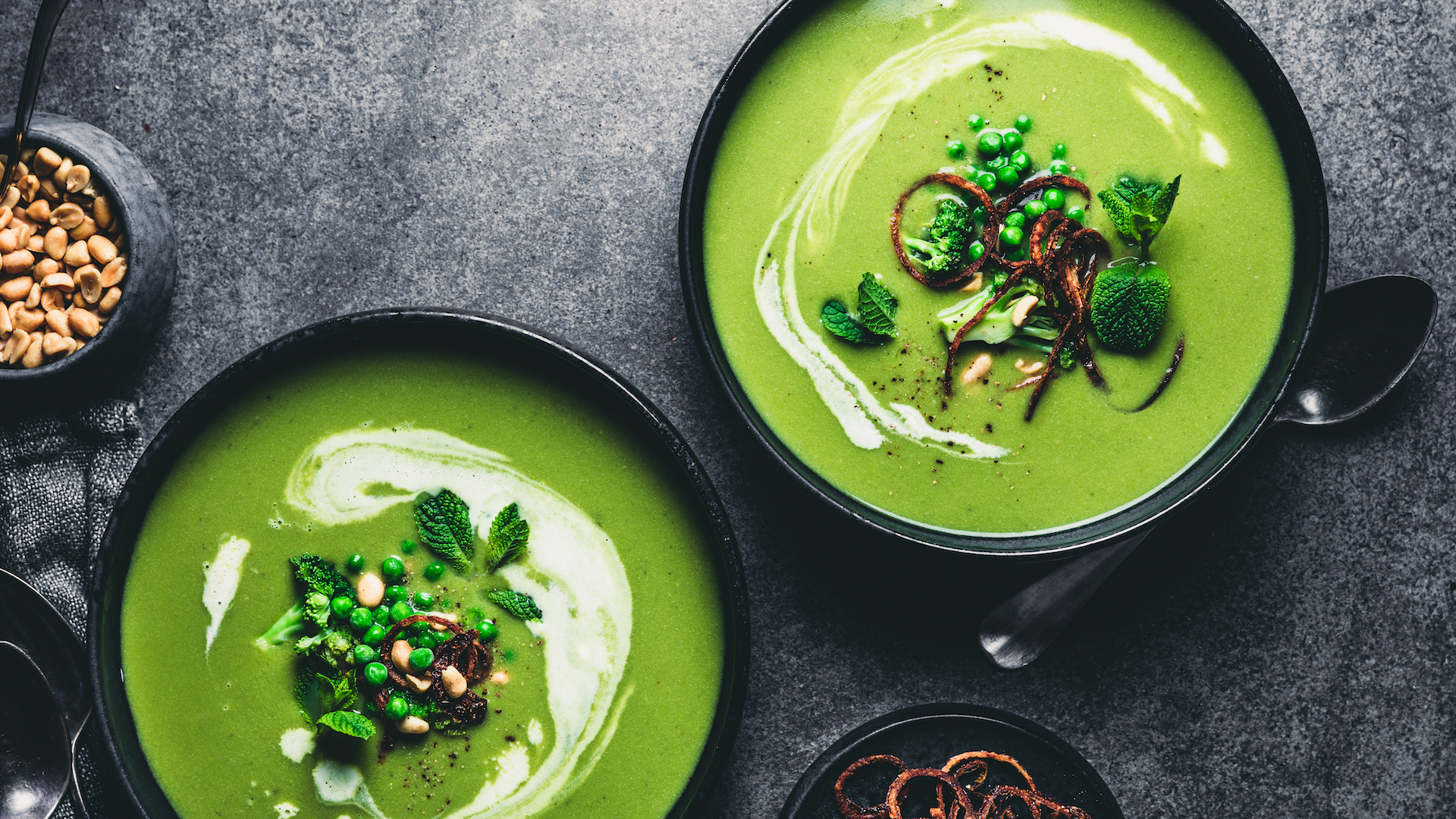
Certain meals can in and of themselves be hydrating. For example, soups and broths contain plenty of water as their base, which is enhanced further if they're made with lots of thirst-quenching vegetables. They are also a great lunch option if you are considering how to lose a stone in a month in a healthy, sustainable way - with research finding that those who slurped on a bowl before a main course ended up with a lower daily calorie intake.
8. Courgette
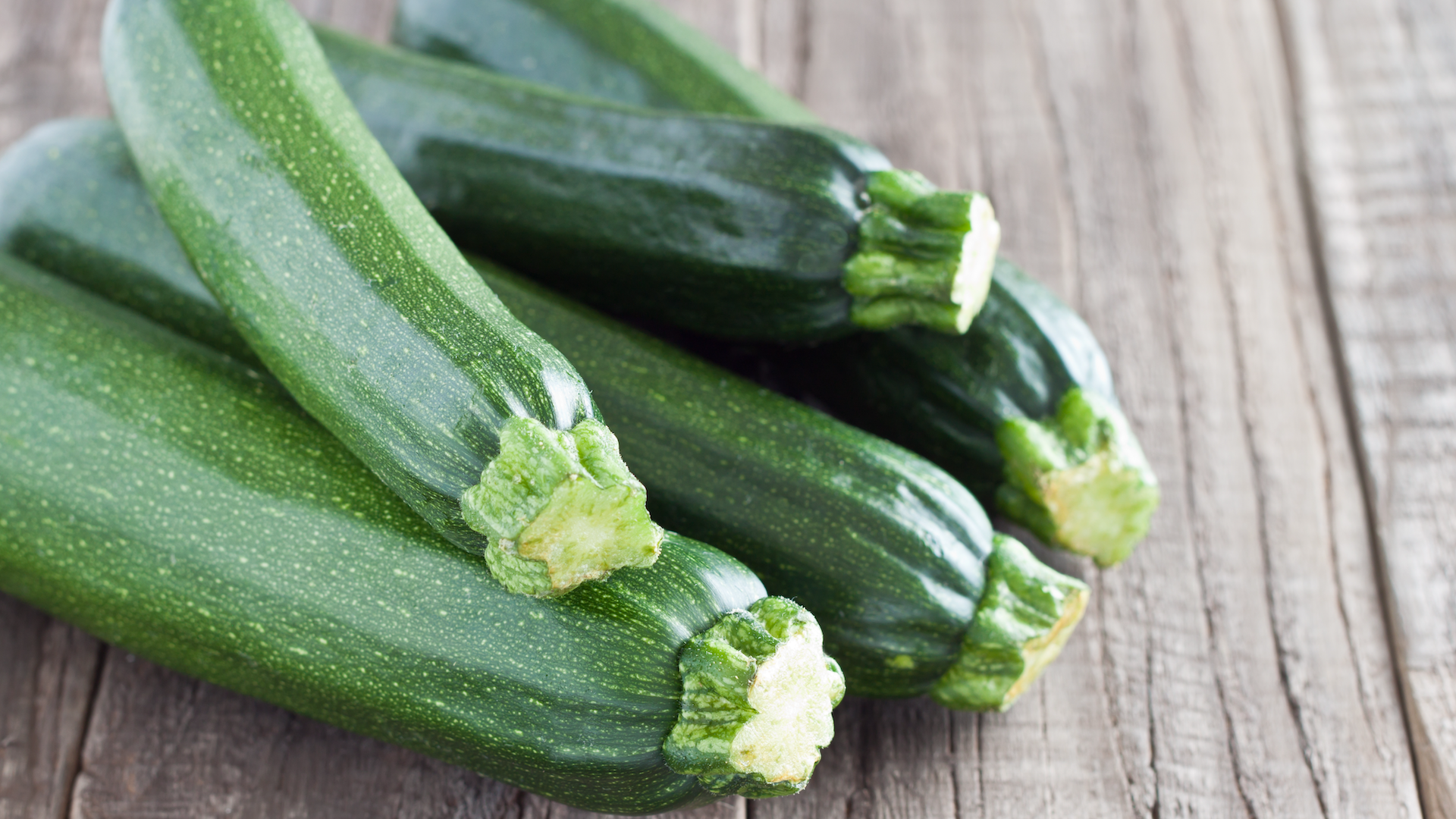
Courgettes are a versatile vegetable that can be added to everything from stews to stir-fries. One serving contains over 90 per cent water, making it rather hydrating. What's more, it is rich in vitamin C, with the important nutrient shown by research to help boost your immune system and be protective against illness.
9. Celery
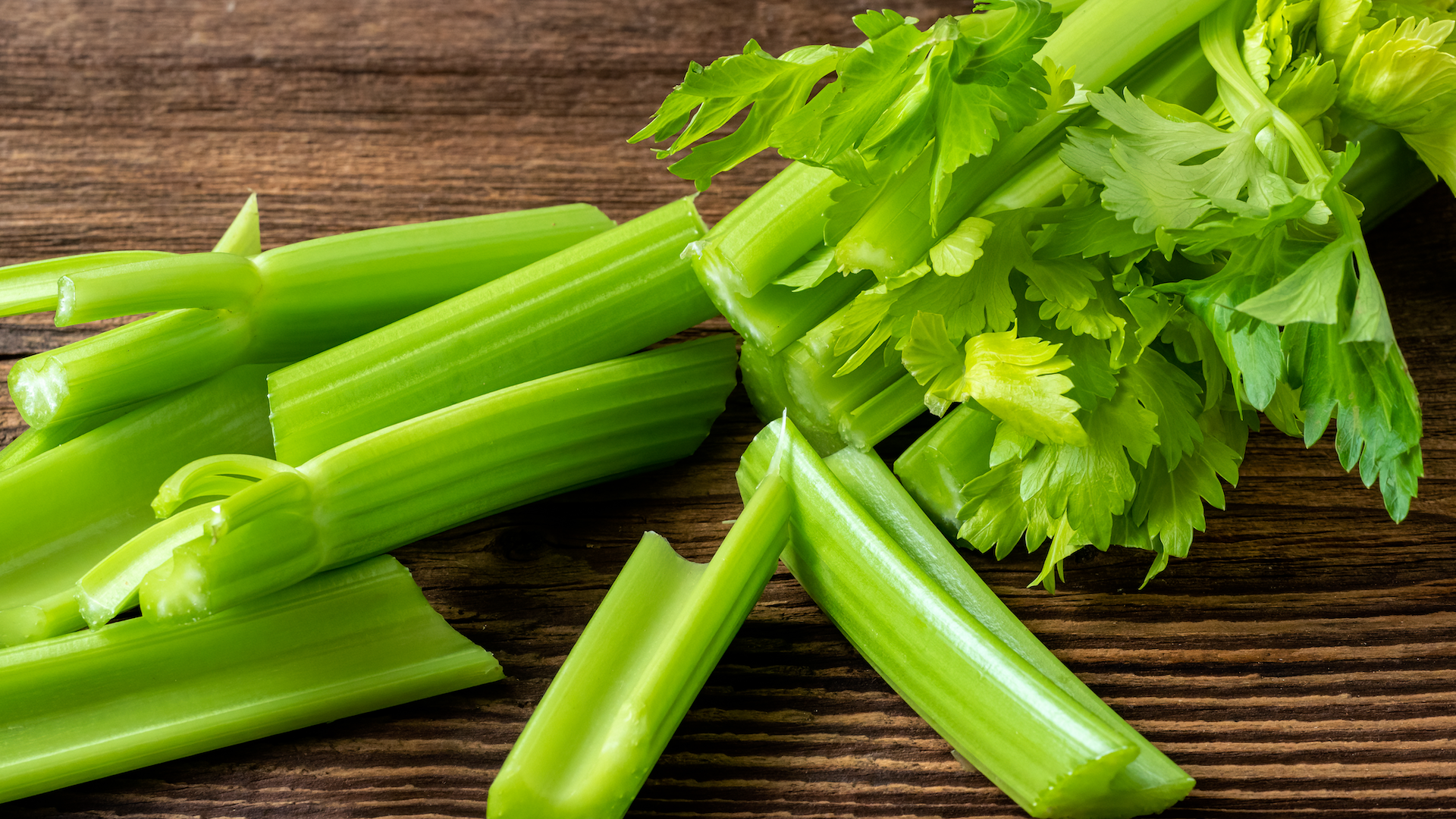
If you're looking for a hydrating crudité to go with your dip, then you can't go wrong with celery. The vegetable is around 95 per cent water, also making it a very low-calorie snack. What's more, it is very high in potassium, which research has shown to have blood pressure-lowering effects and is associated with a reduced risk of cardiovascular disease.
10. Greek Yoghurt
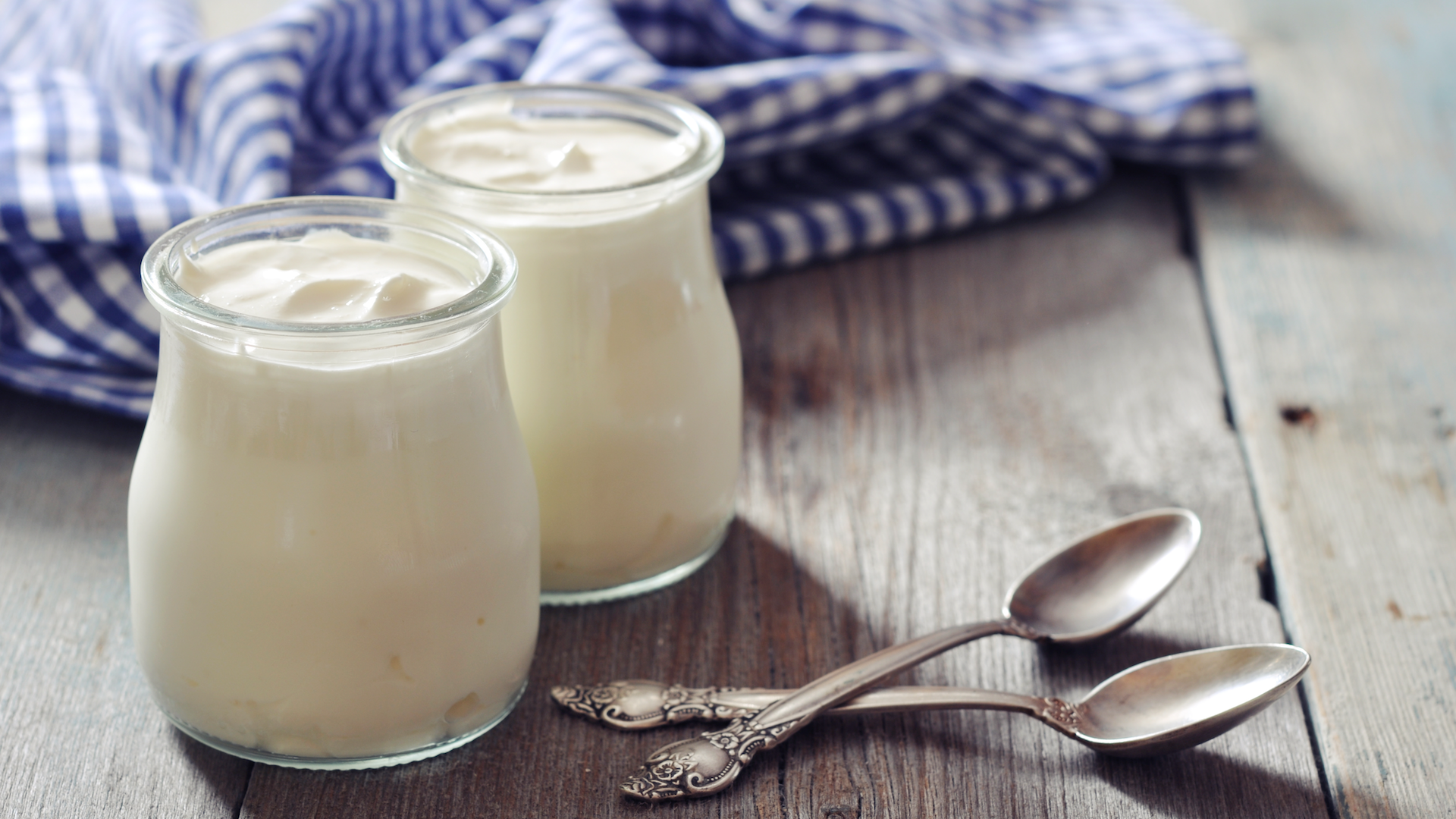
Enjoying a Greek yoghurt-based breakfast will get your day off to a hydrating start. The go-to fridge staple is made up of 75 per cent water, and also serves up a number of other perks too. It is high in calcium, which research has shown is an essential mineral for healthy bones - particularly in post-menopausal women.
11. Tomatoes
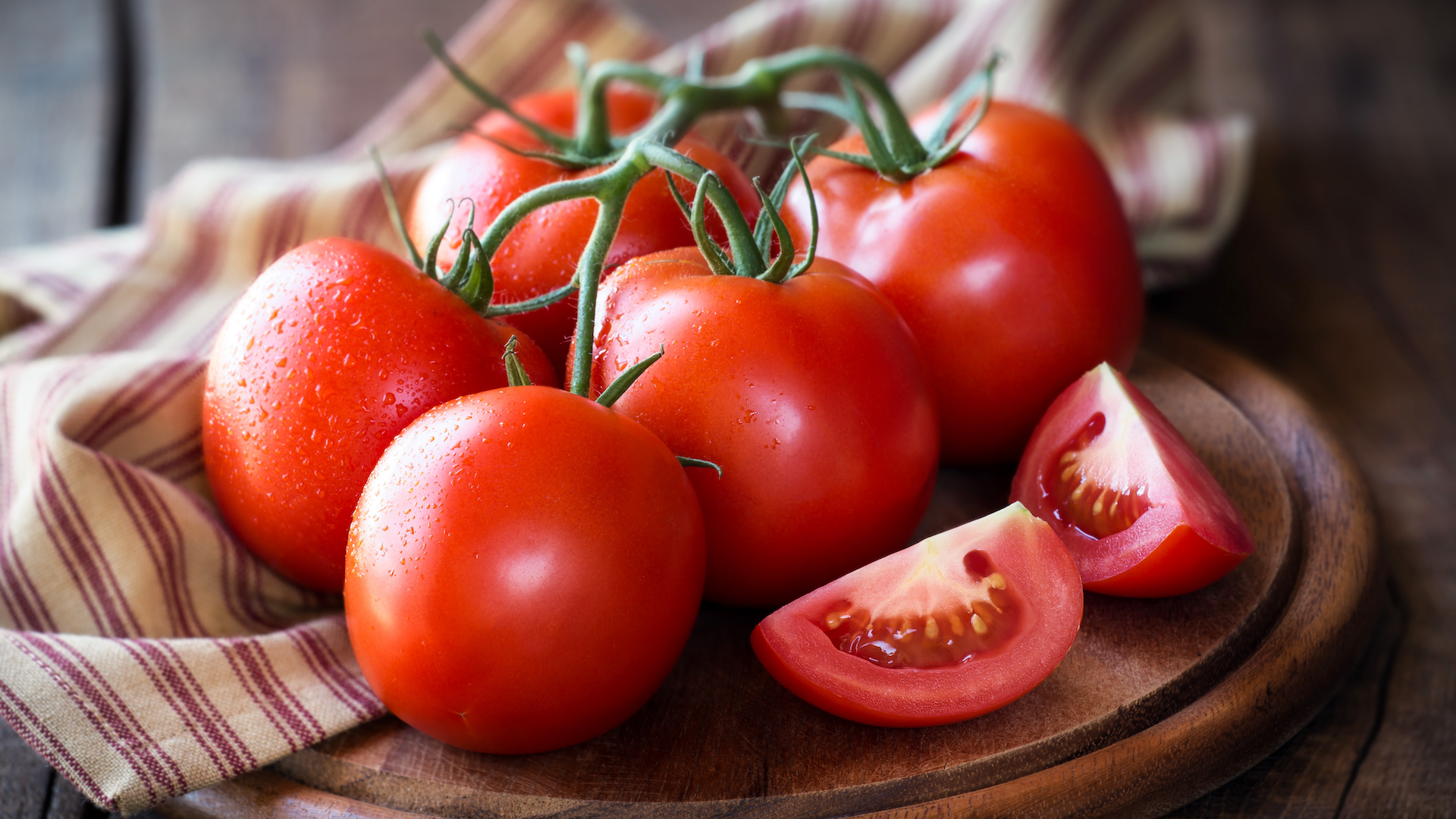
Tomatoes do more than just add juicy flavour to dishes. They are around 95 per cent water, making them one of the most hydrating groceries in your shopping basket. What's more, they come with a generous helping of the antioxidant lycopene - responsible for their red colour - which research has found could lower the risk of heart disease.
12. Peppers
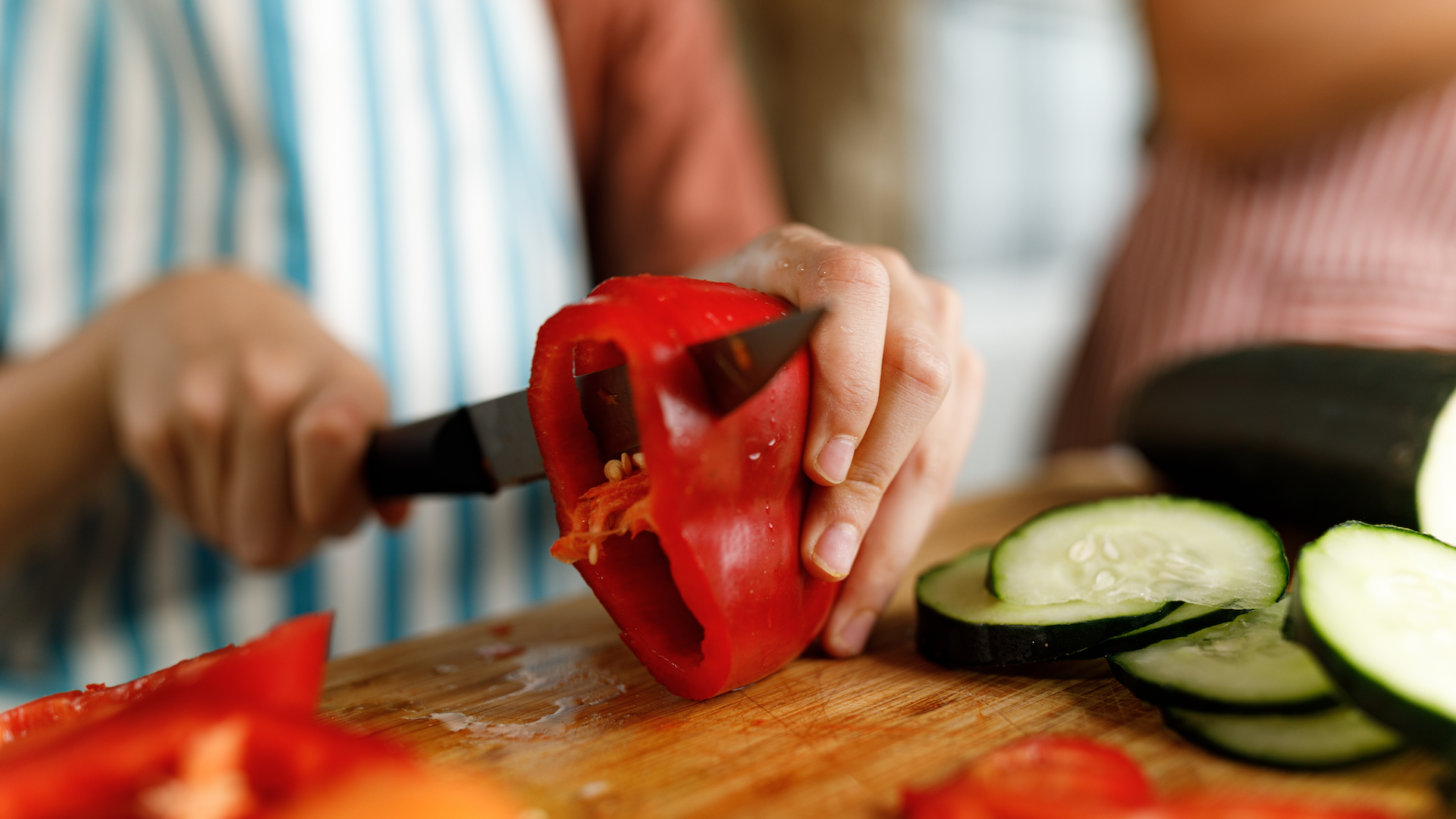
Throw some bell peppers into your dish, and you're getting more than extra tasty crunch. The vegetables are around 90 per cent water, making them a very hydrating mealtime addition, however they are also packed with other key nutrients too. They are naturally rich in immune-boosting vitamin C, which research shows may also aid the absorption of the fatigue-fighting mineral iron.
13. Cauliflower

Cauliflower may not get that much attention, but it is a big player among hydrating groceries. The humble vegetable, which can be added to roast dinners or used in a casserole, is 92 per cent water. It also contains the compound choline, which research has shown is key for multiple processes in the body - including brain health.
14. Cabbage
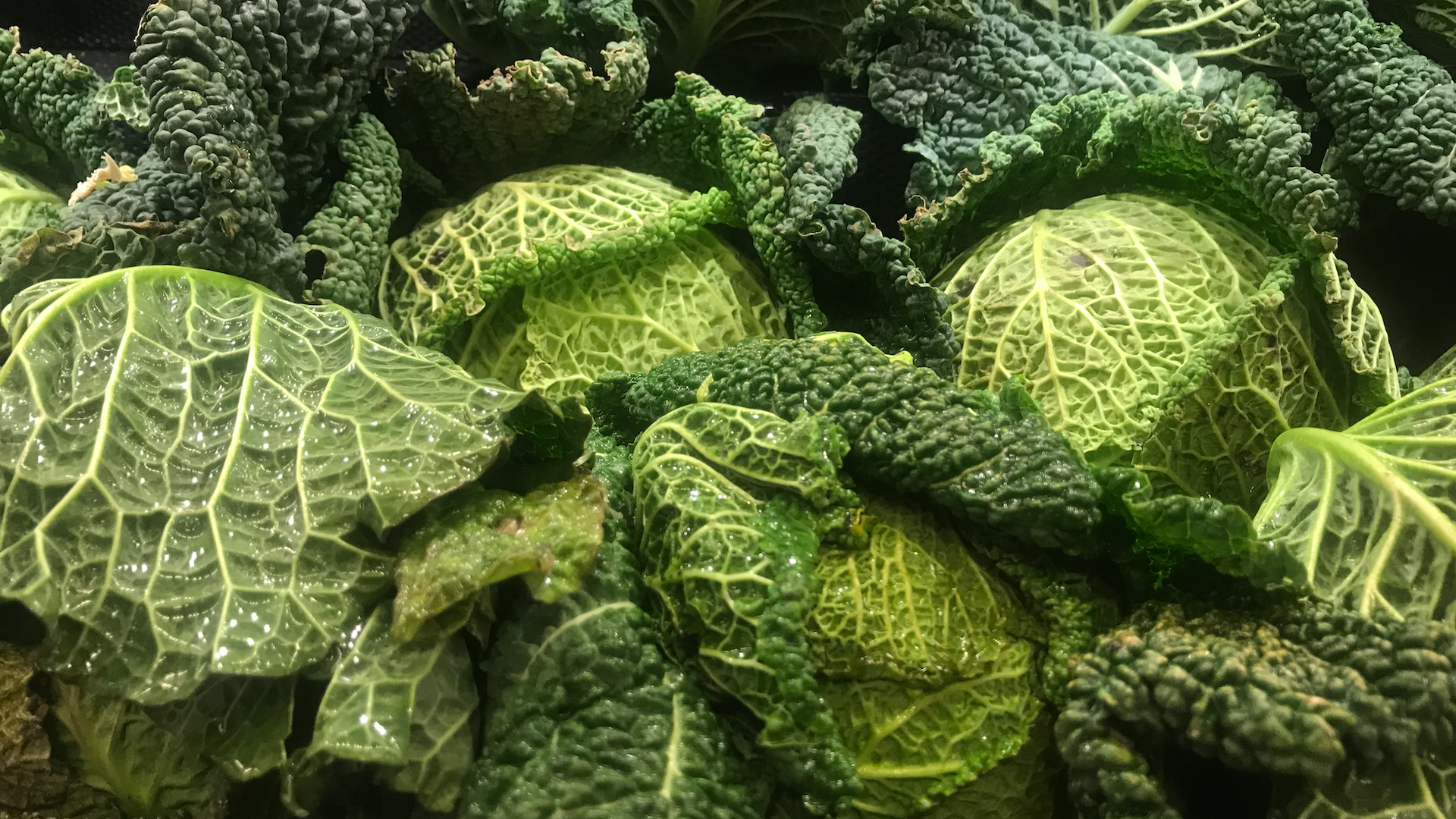
While cabbage might have fallen off your radar amongst trendier superfoods, it certainly packs a punch when it comes to hydration. The cruciferous vegetable has an estimated 92 per cent water content, and can be cooked sautéed or made into a soup. It is also a source of antioxidants called glucosinolates, which research has found may protect against certain forms of cancer.
15. Grapefruit
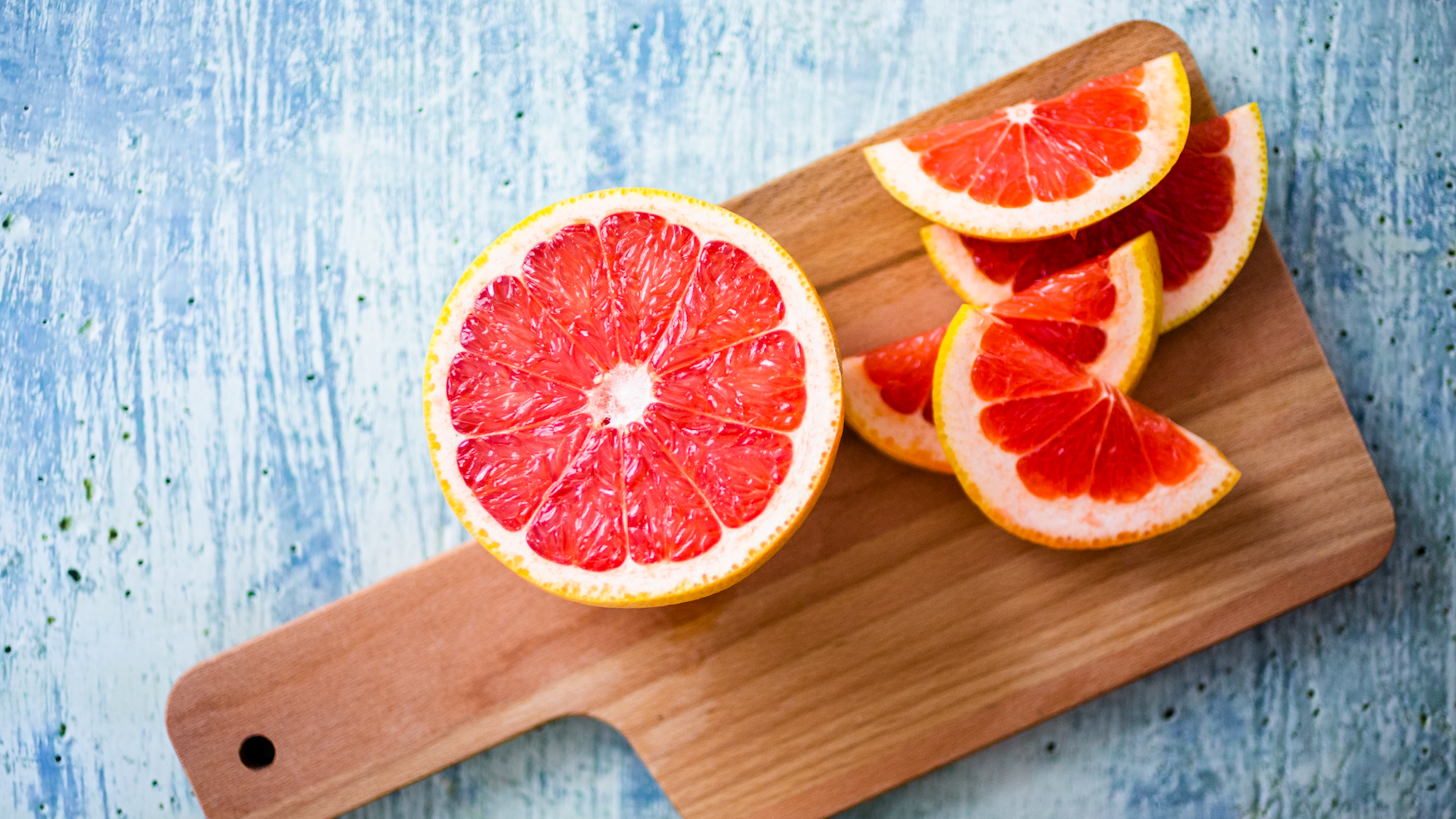
Grapefruit is well known to be one of the best superfoods for weight loss, due to its high fibre content and low number of calories per serving. However, it is also mega hydrating, at 91 per cent water - and comes with other benefits too. A study showed that daily consumption for six weeks was linked to improvements in blood pressure.
16. Skimmed milk
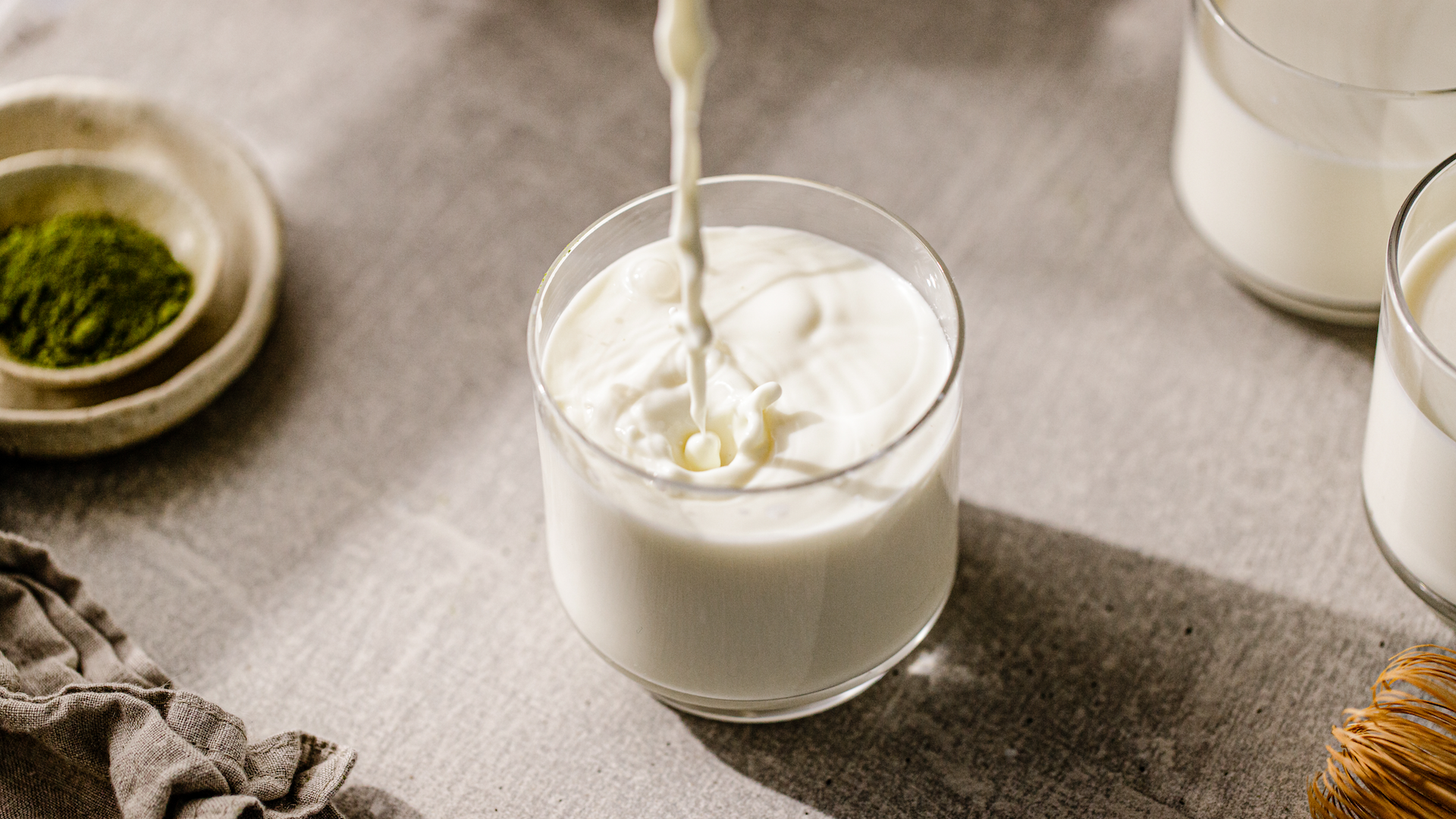
Skimmed milk is made up of mostly water - at 90 per cent - making it a hydrating addition to your cup of tea or coffee. Interestingly, one study found that it was more effective at warding off post-exercise dehydration compared to water and sports drinks, making it an ideal beverage to sip on after you've been doing more intense cardio workouts.
17. Coconut water
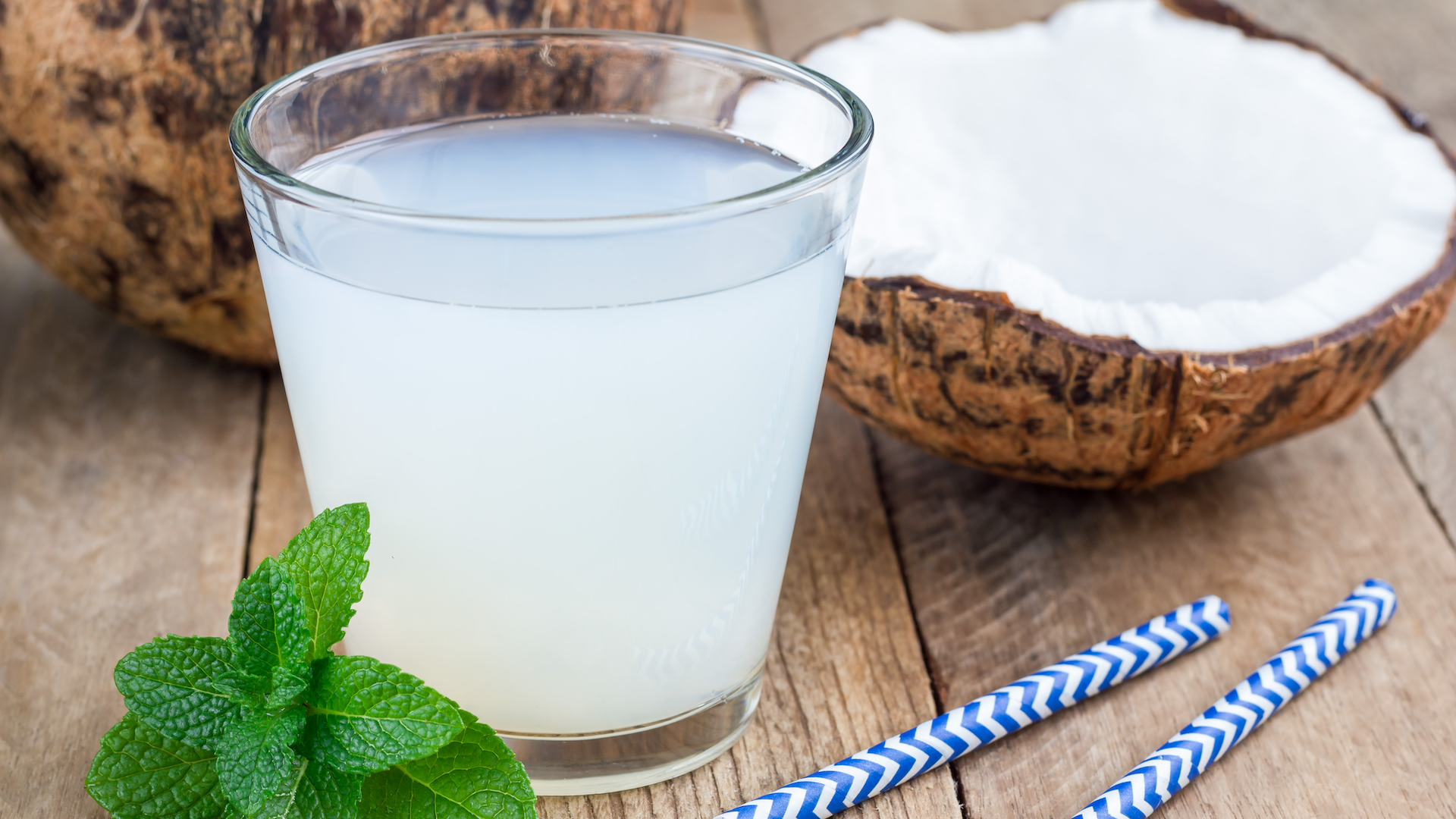
If you find the taste of standard H20 a bit plain, then coconut water is a great option. It is still 94 per cent water, but comes with a host of other benefits too. These include electrolytes - which are essential minerals, such as sodium, calcium and potassium - that research has found are especially rehydrating when consumed after a workout session.
18. Cottage cheese
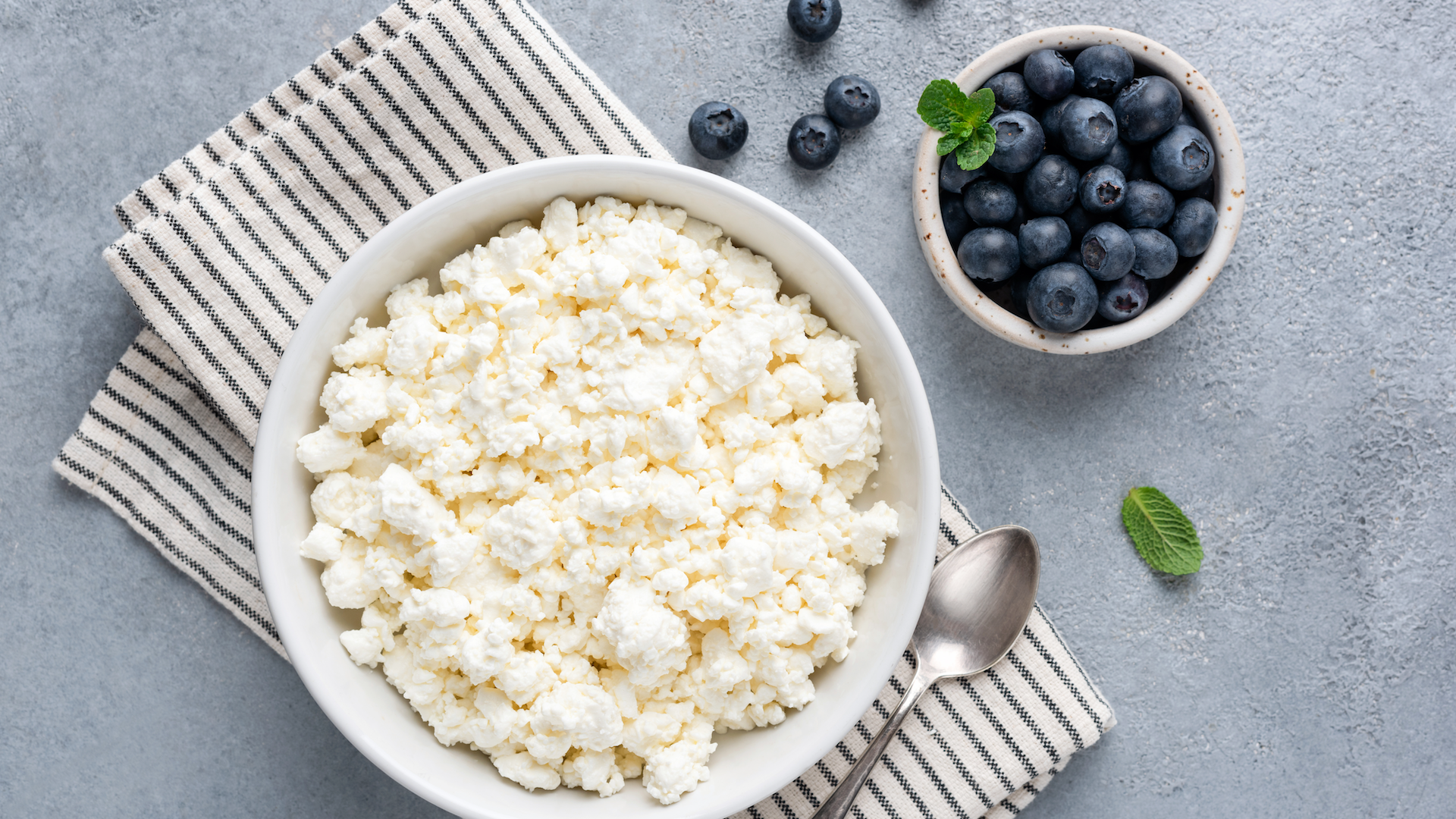
Cottage cheese - which you can layer on whole grain toast for a particularly satiating breakfast - is a surprisingly hydrating dairy product, containing 80 per cent water. It is rich in B vitamins, including vitamin B12 - which research has shown to be important for eye health and can ward off age-related macular degeneration.
19. Spinach
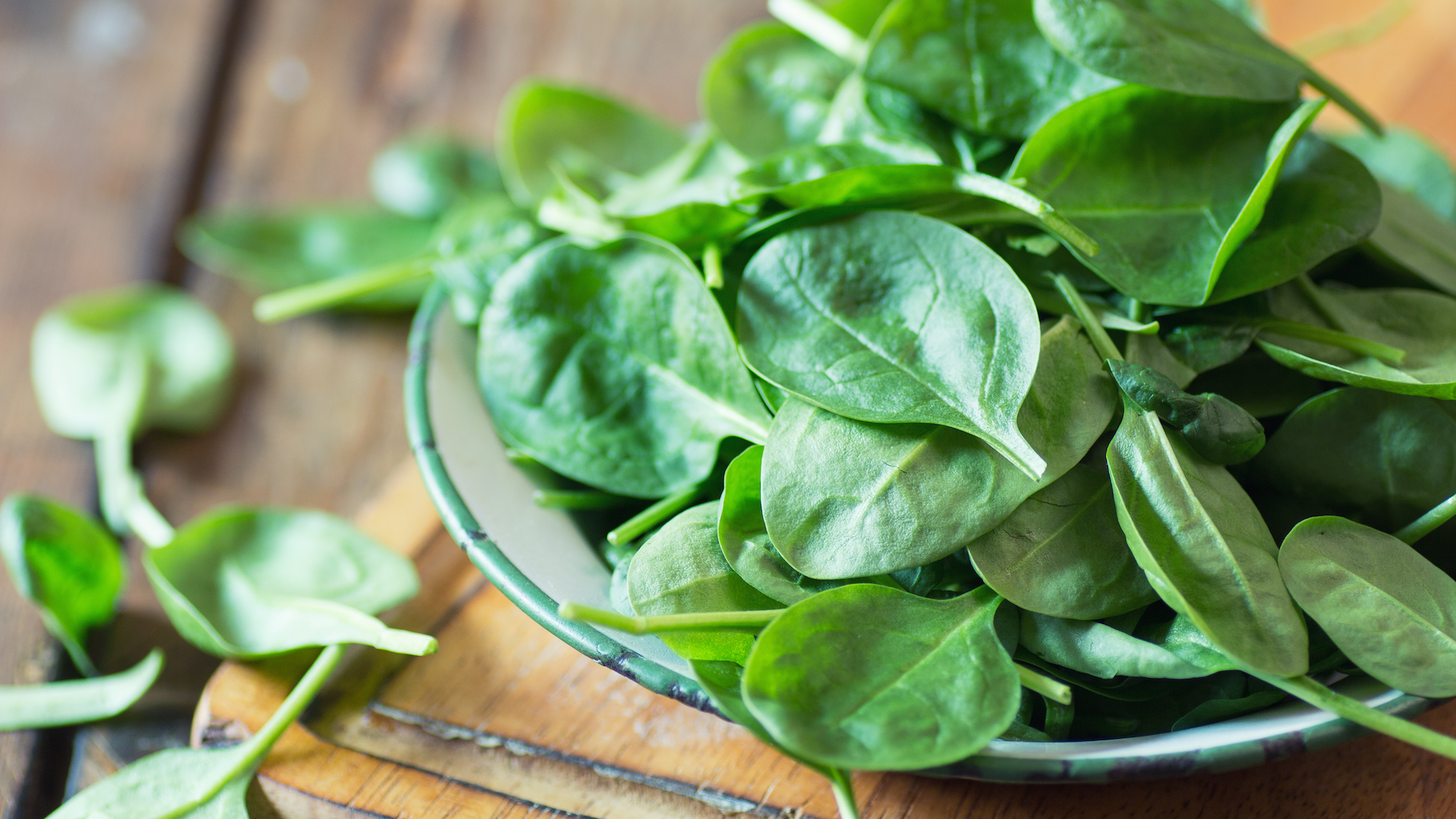
If you're wondering what to blend into your smoothie, then spinach makes a super-hydrating ingredient - at around 93 per cent water. However, it is also a rich source of magnesium, with a study showing that those with a diet high in the mineral had less age-related brain shrinkage - and the effects were especially pronounced in post-menopausal women.
20. Soy milk
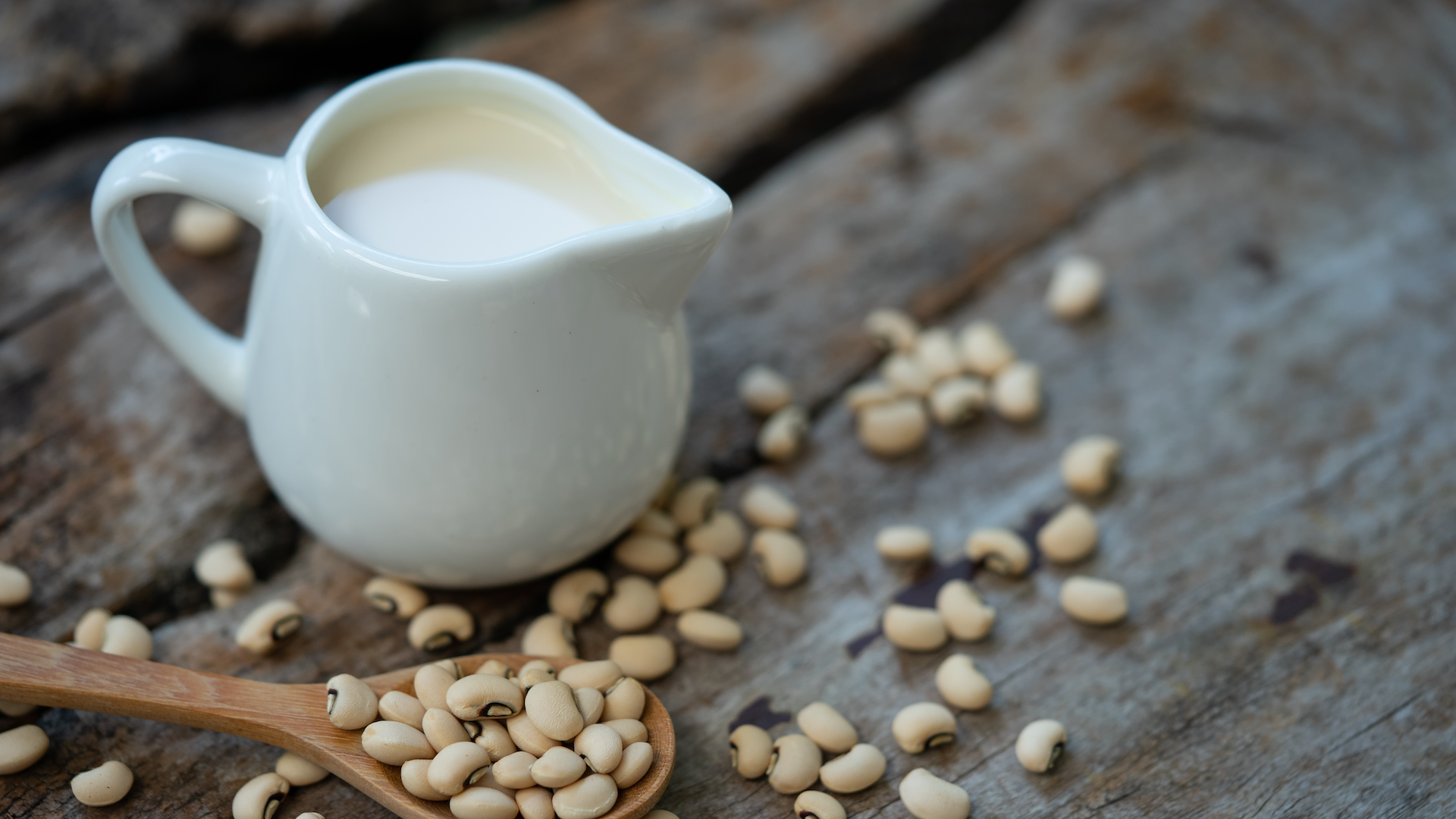
For those after a plant-based addition to their cuppa, then soy milk is a particularly hydrating choice. The milk alternative, which is made from soybeans, has a considerable 94 per cent water content. It also contains a similar amount of the antioxidant riboflavin to cows' milk, which research has shown it may be protective against certain cancers.
21. Kale
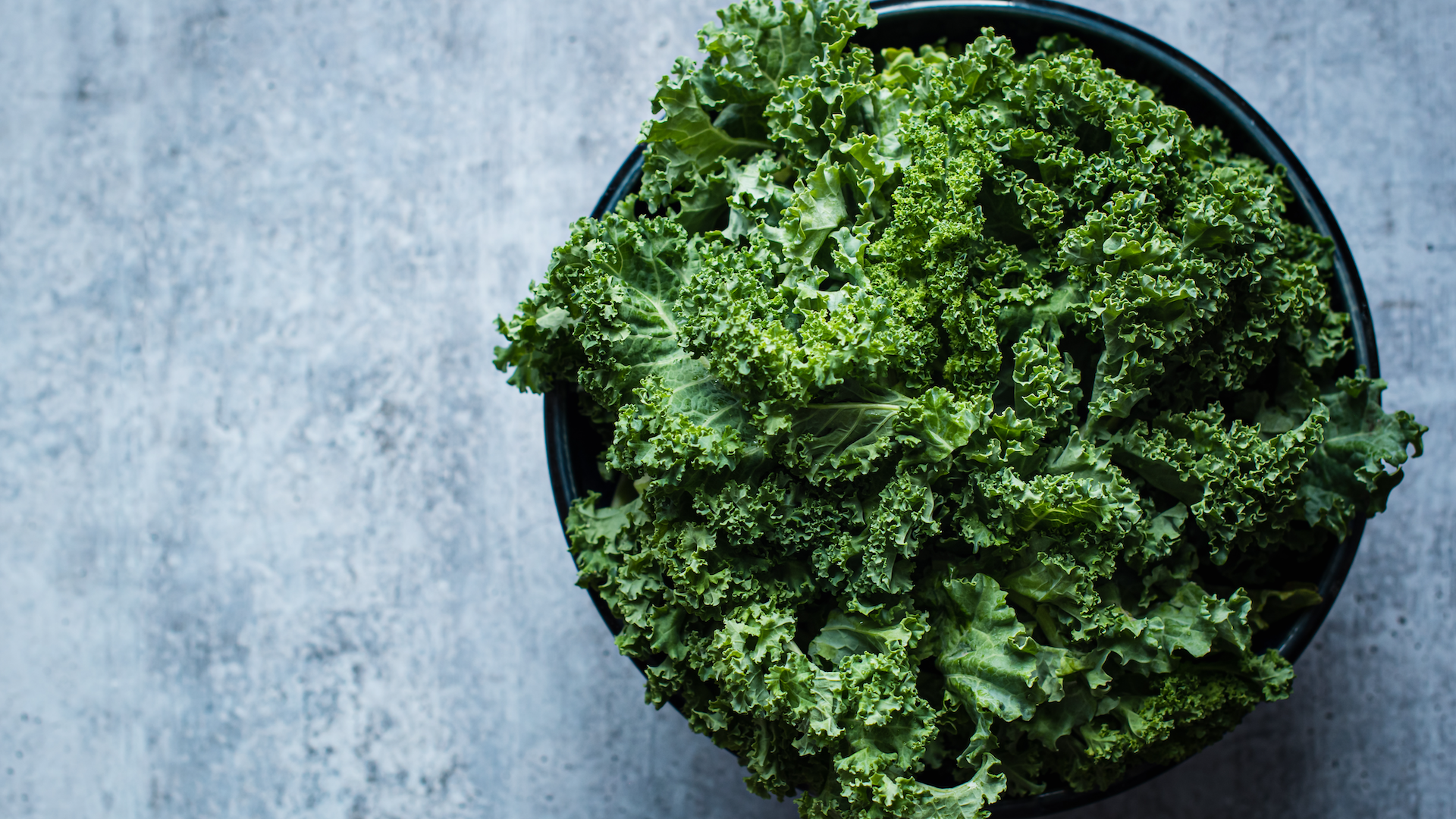
Kale is a nourishing addition to salads and smoothies and can supercharge hydration too. The leafy green vegetable contains a water content of 84 per cent. On top of this, it is a rich source of the key nutrient vitamin A, of which there's evidence that it can help bolster the immune system.
22. Broccoli
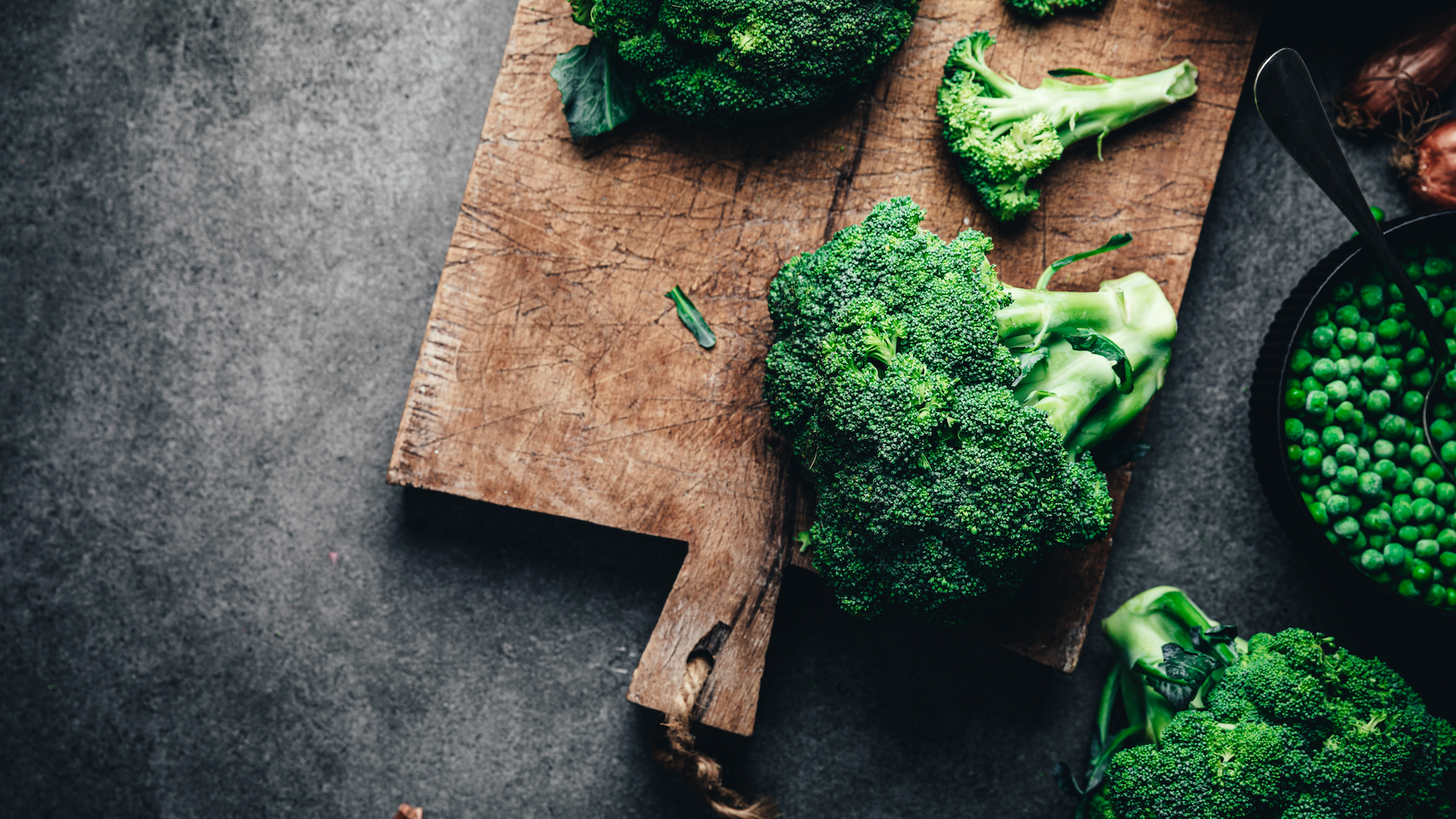
On chilly days, there are few things more warming than a broccoli-based soup or pasta dish - and it's super hydrating too. The nourishing cruciferous vegetable is estimated to be around 90 per cent water. What's more, it has been linked to a number of disease-fighting benefits, with one study linking it to a lower risk of stomach cancer.
23. Carrots
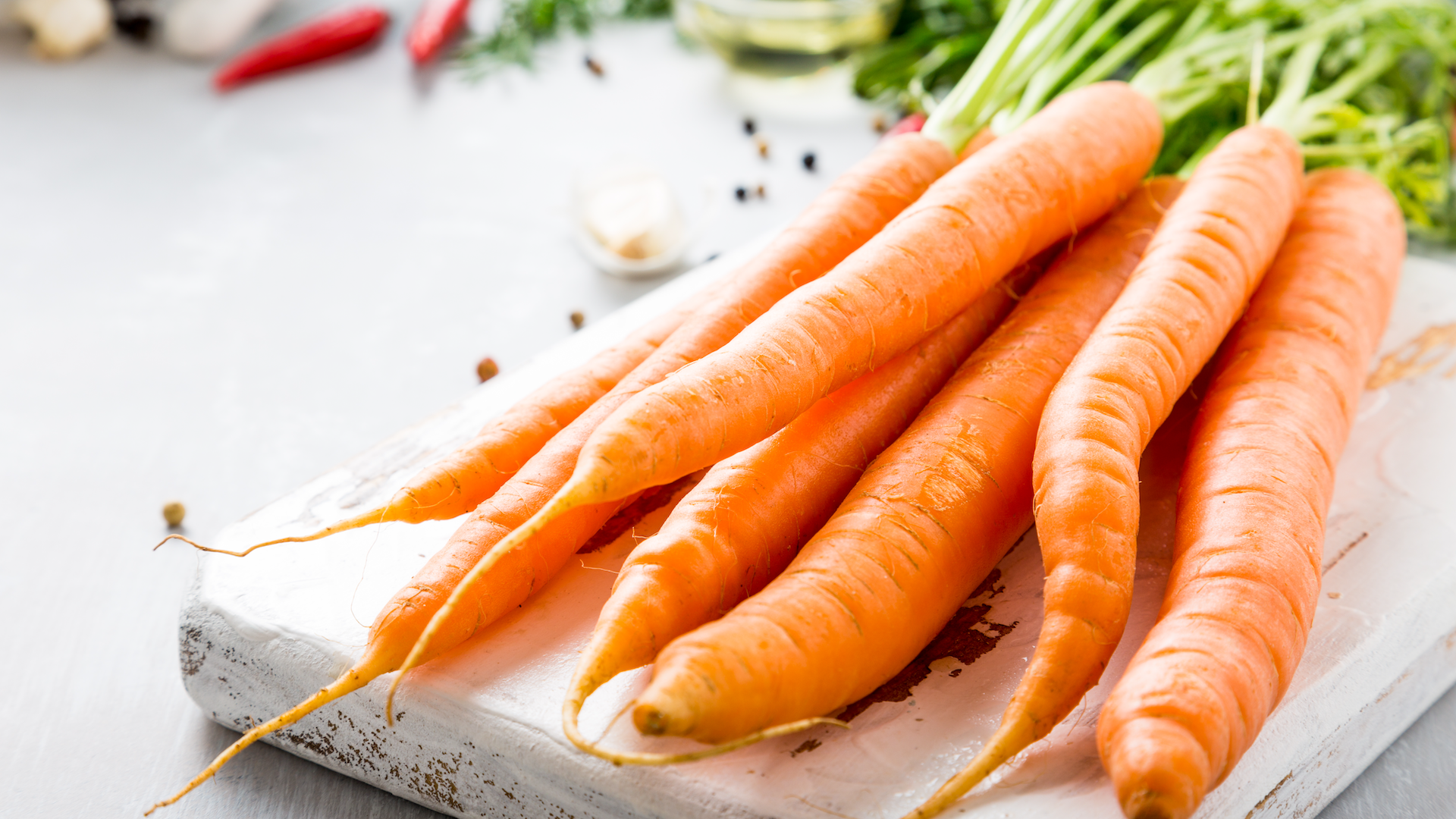
Carrots make a great crudité to use for dips during sun-drenched picnics - and there's another reason you're probably drawn to them on days like this. The root vegetable is very hydrating, with a water content of between 86 per cent and 95 per cent. They also come with other powers, with one study linking them to a reduced risk of lung cancer.
24. Pineapple

Want to jazz up your fruit bowl? Try pineapple - which is 86 per cent water. The hydrating tropical fruit also contains the anti-inflammatory enzyme bromelain, which research has shown may help in the treatment of osteoporosis, of which post-menopausal women are at a much higher risk.
25. Apples
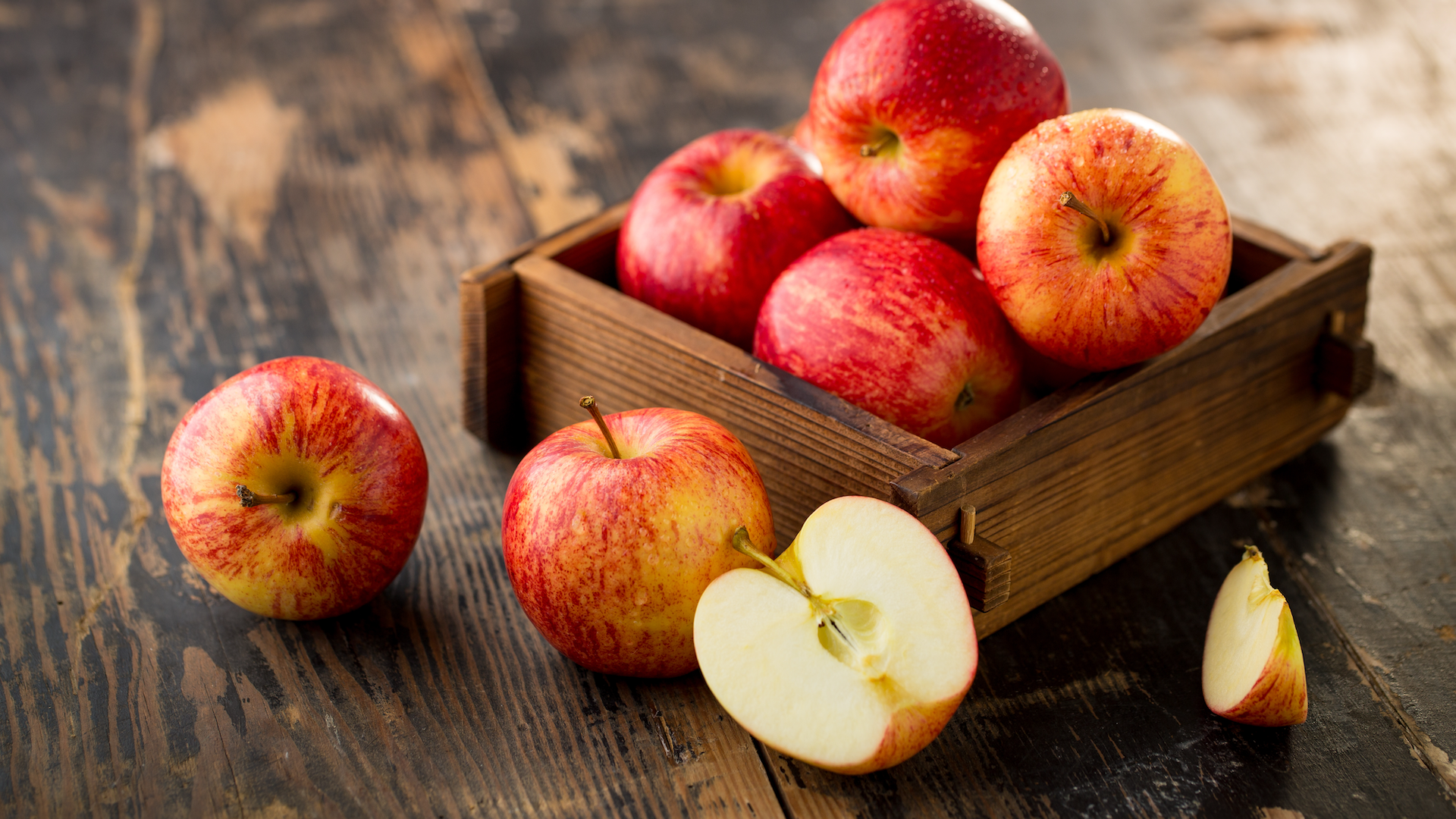
Apples are a go-to snack - and are a particularly hydrating one at that. They are 86 per cent water, which explains their delicious juiciness. What's more, they are also naturally high in fibre - research has linked high consumption of the important macronutrient to increased diversity in the gut microbiota and lower long-term weight gain.
26. Cantaloupe
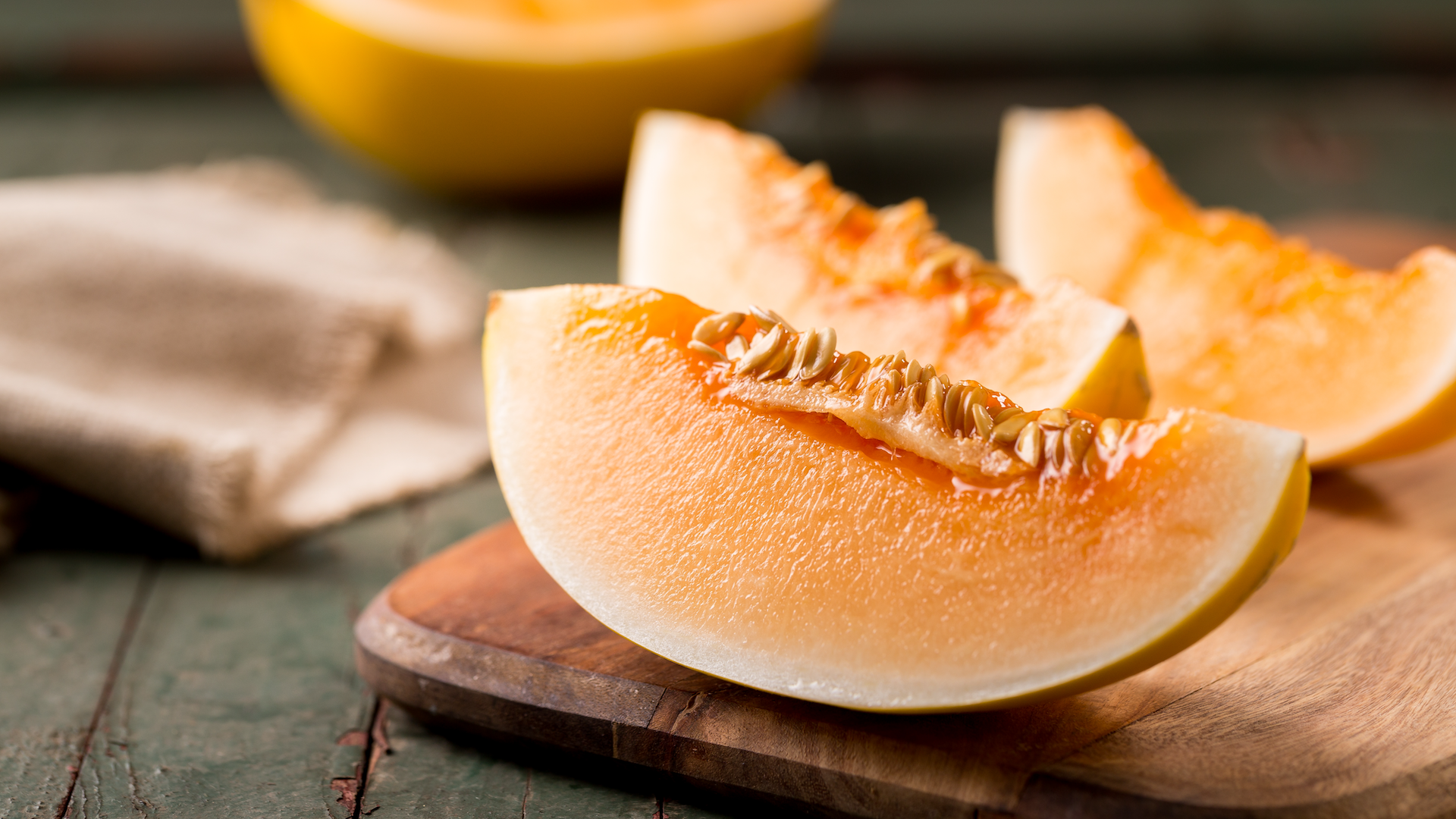
On balmier days, cantaloupe will keep you well-refreshed. The melon is comprised of about 90 per cent water, and contains plenty of fibre for a satiating snack. It is also particularly plentiful in vitamin A, with research showing the key nutrient can help boost immune function and ward off infection.
27. Radishes
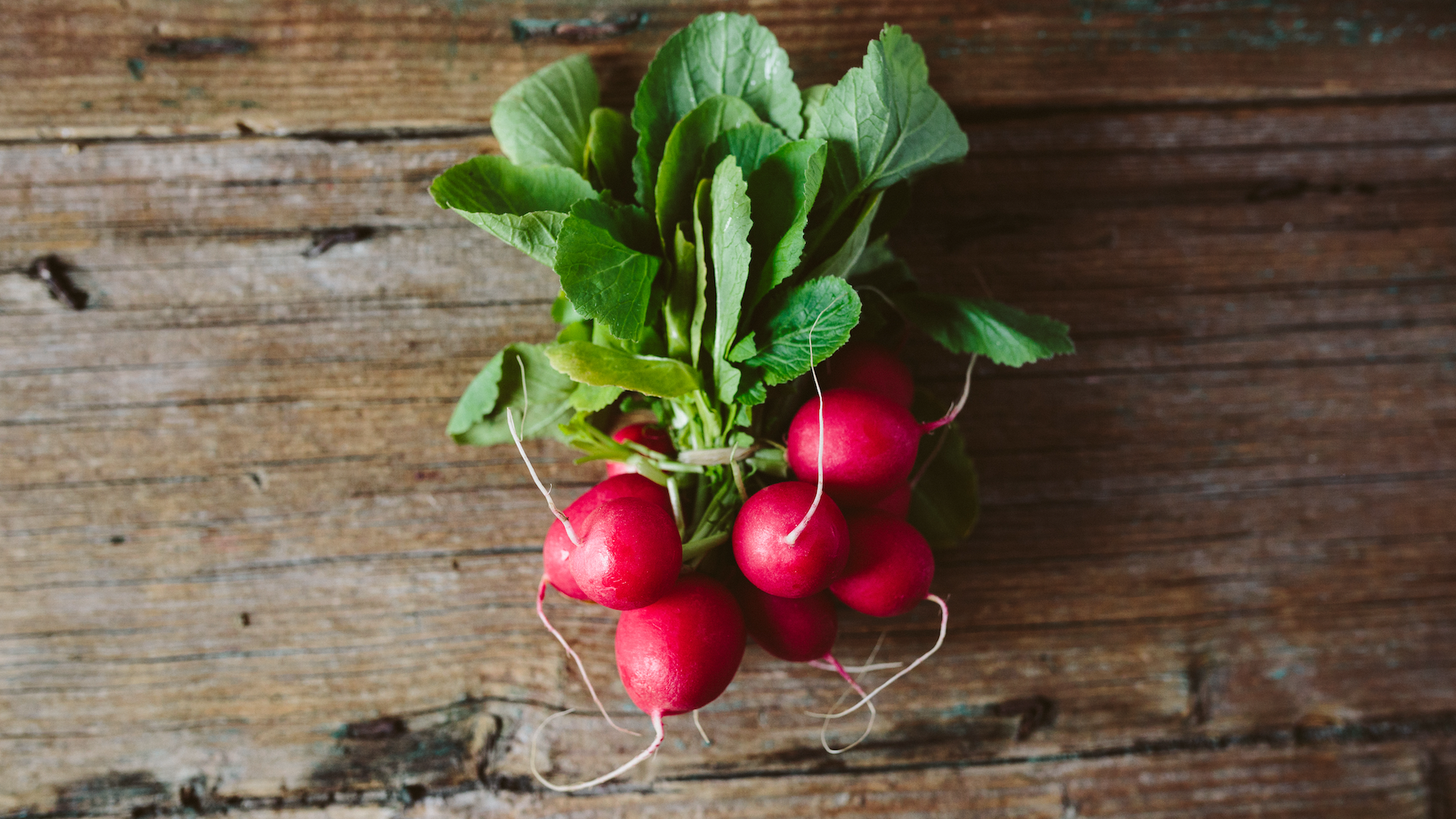
Radishes may not be part of your usual cooking repertoire, but the humble vegetable is a hydration powerhouse - standing at an impressive 95 per cent water - making it a no-brainer to add to salads and roasts. What's more, there's evidence that bioactive compounds it contains may have disease-fighting properties.
28. Asparagus
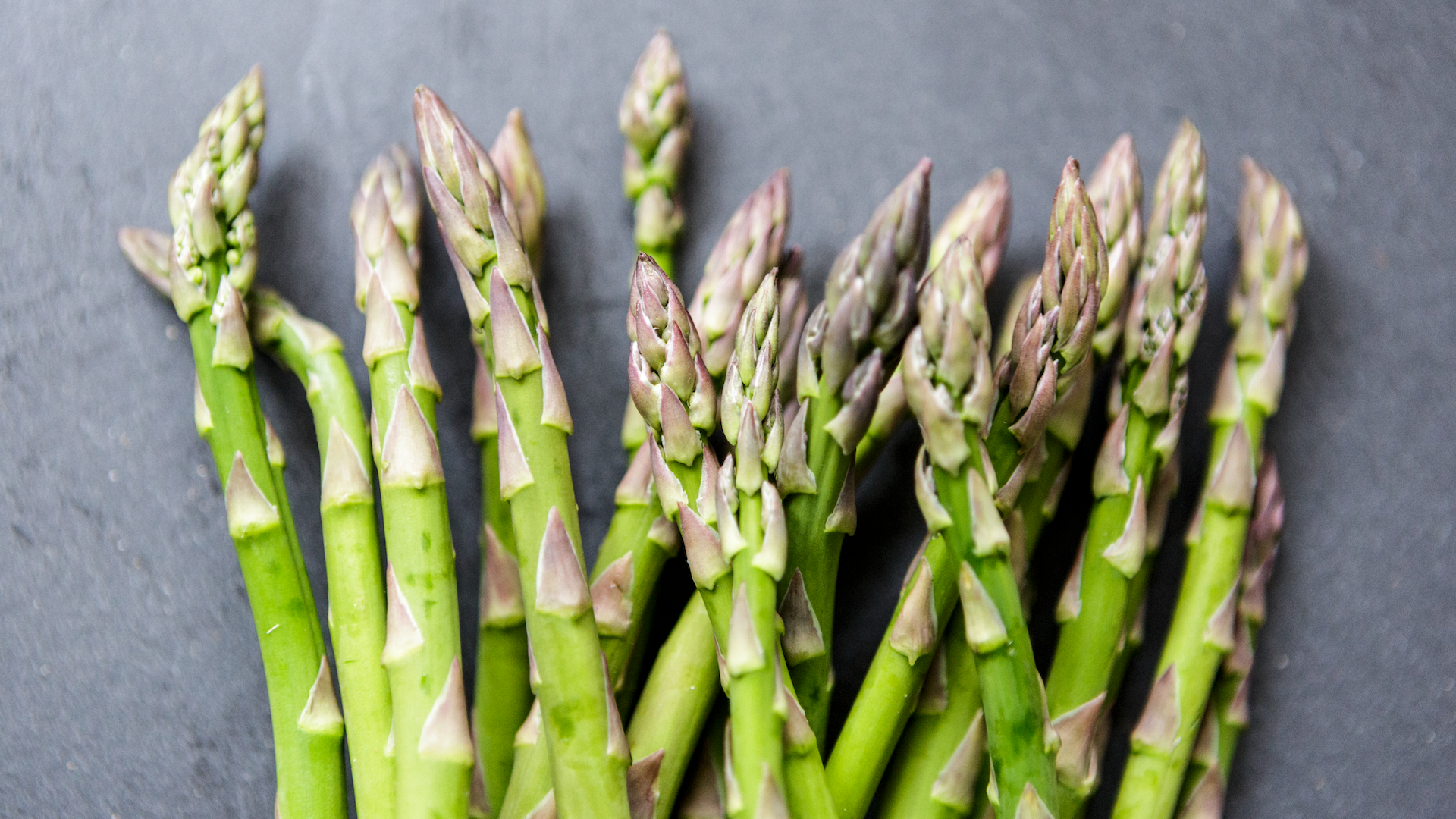
If you're after the best foods to have first thing in the morning, then you can't go wrong with asparagus. The vegetable is particularly hydrating, with a water content of 92 per cent. Just make sure you cook them - a study found that this triggers a boost in antioxidant activity of 16 per cent, which is key for reducing inflammation.
29. Mushrooms
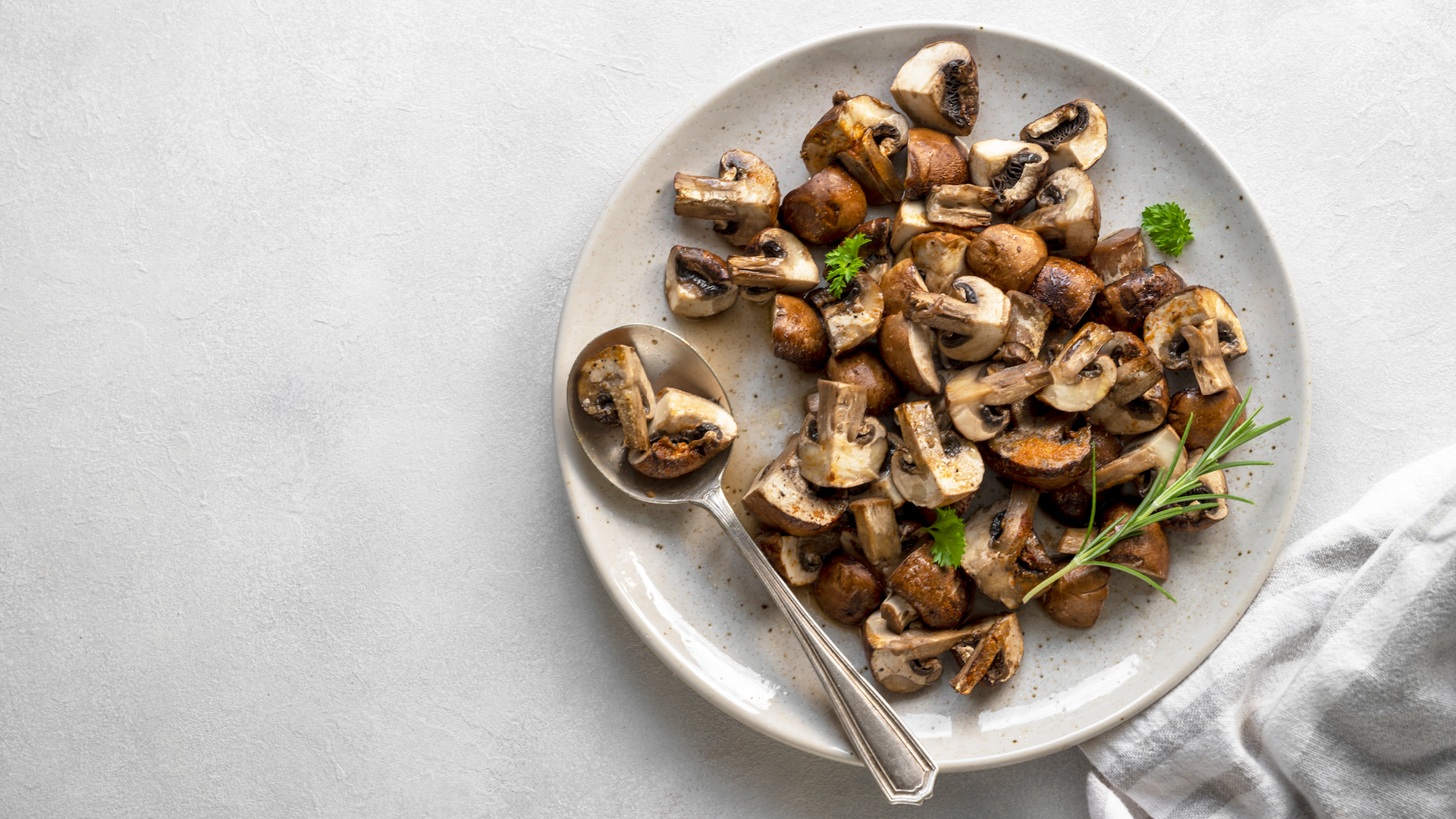
Mushrooms are a great way to add texture to stir-fries and pasta dishes. The vegetable is surprisingly hydrating, with a water content of between 85 per cent and 95 per cent - also making it an ideal food to munch on when it's sunny. Talking of which, they are one of the main food sources of vitamin D, which has been found by research to help lift mood.
30. Watercress
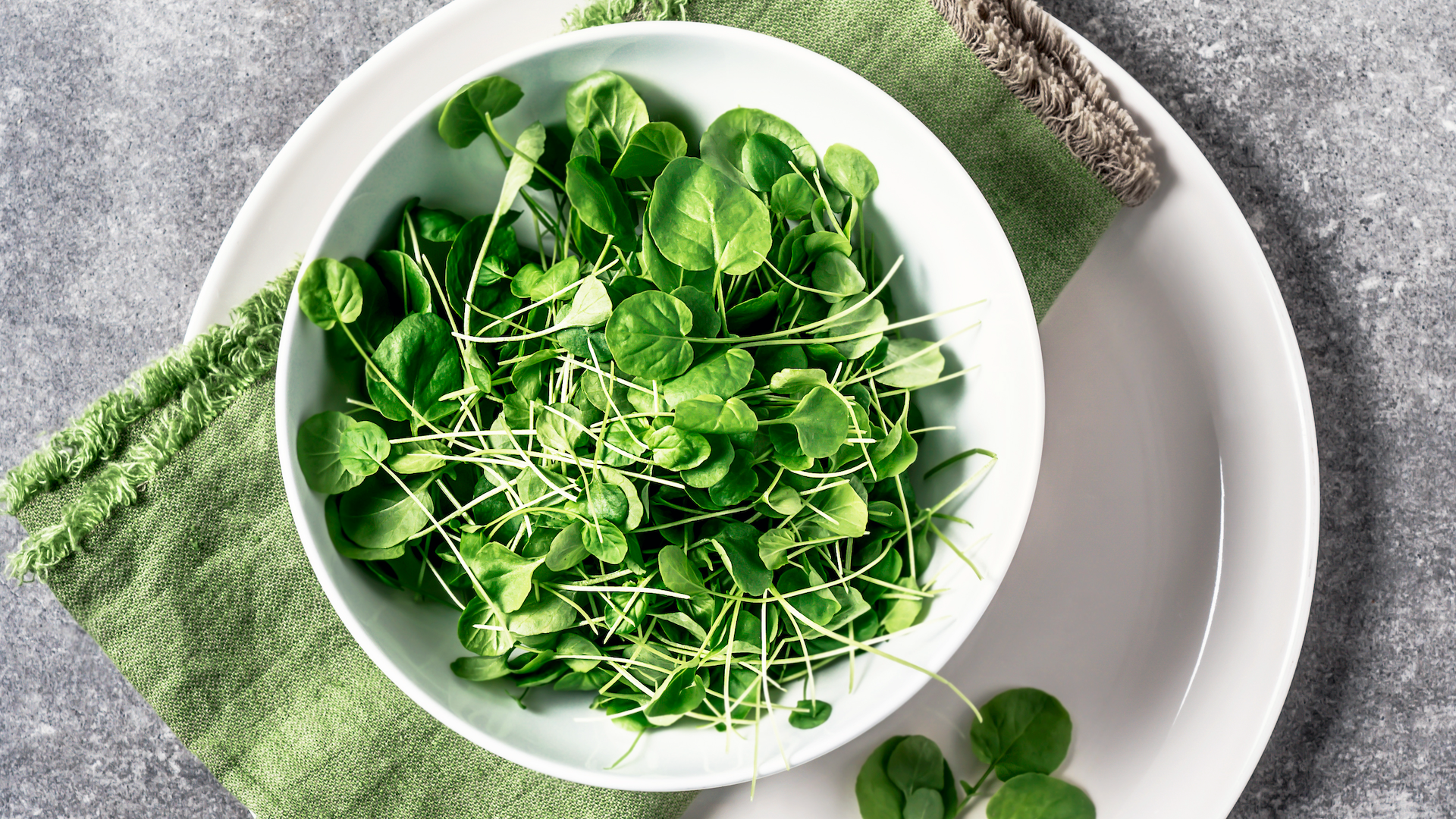
Watercress is a super-hydrating ingredient mixed into salads and as a soup topping, with a water content of 95 per cent. It is also rich in vitamin C, a key vitamin for boosting immunity, according to research.
31. Brussels Sprouts
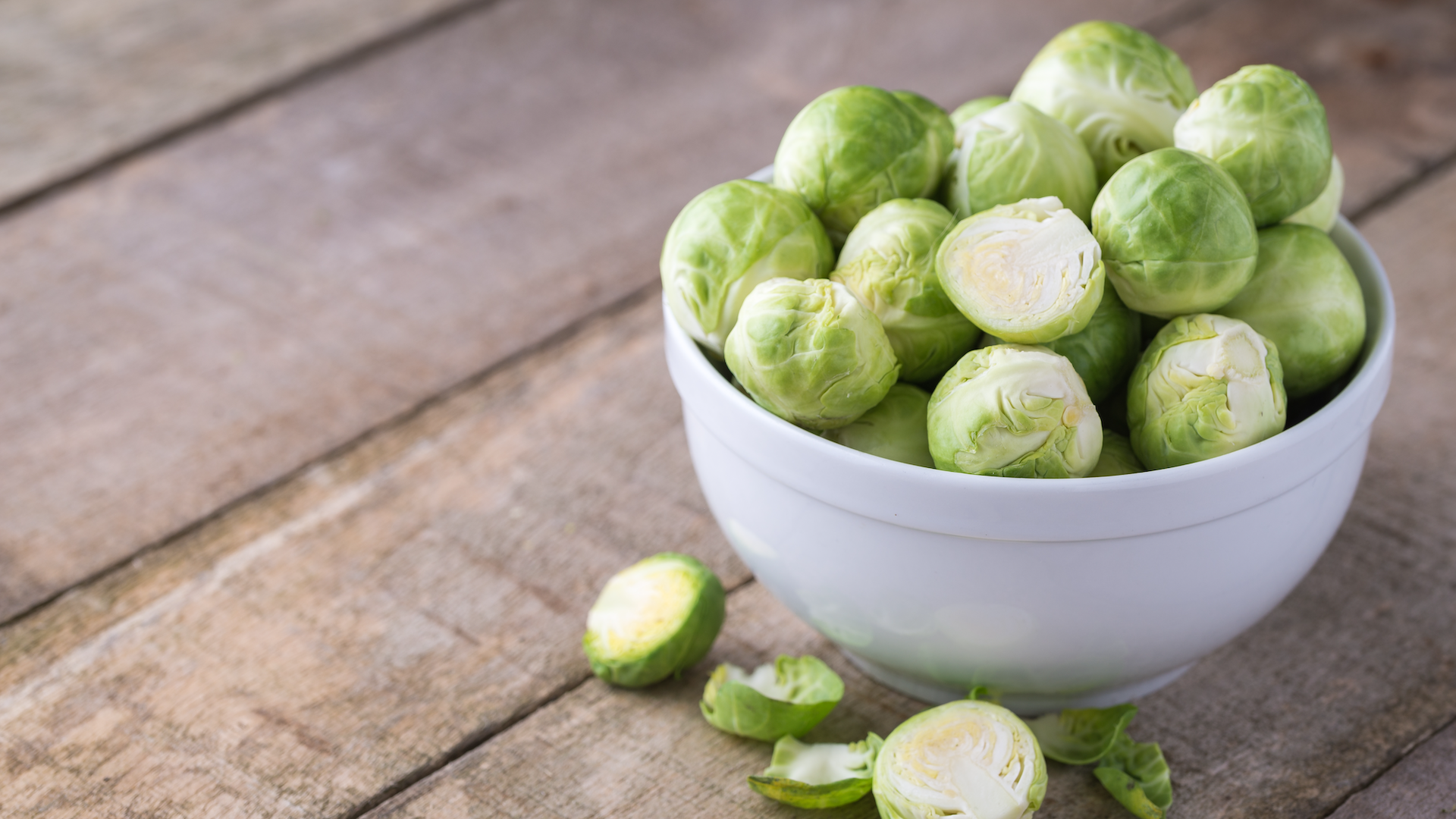
They may be best associated with the festive season, but the hydrating benefits of Brussels sprouts are a good reason to enjoy them all year round. The cruciferous vegetable has a water content of 86 per cent, along with plentiful fibre - of which there's evidence of increased feelings of fullness.
32. Blueberries
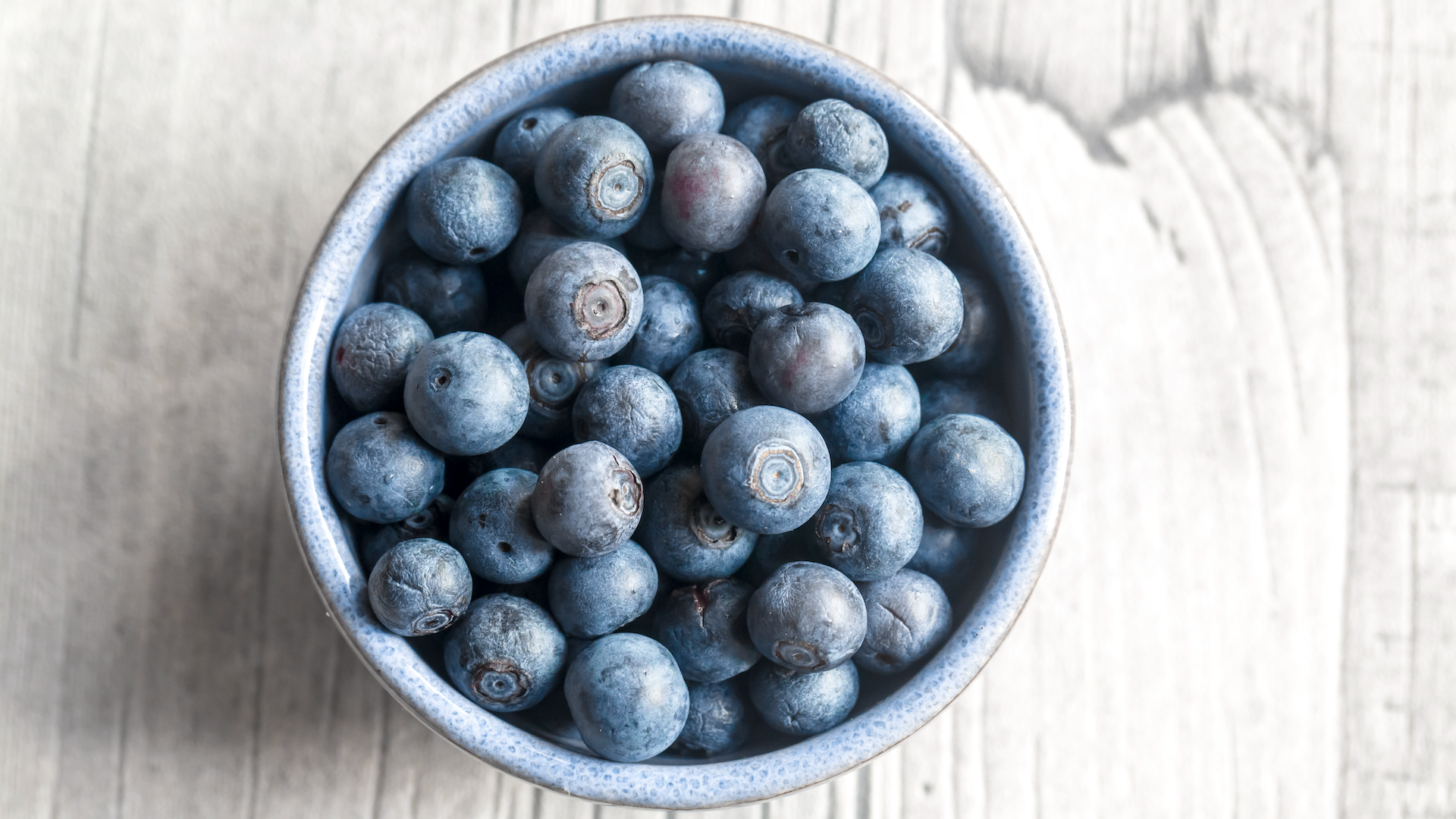
Blueberries make a delicious summer breakfast topping - and not just because they add juicy flavour. They are a very hydrating fruit, with a water content of 85 per cent. Alongside this, they are rich in vitamin K, with research finding a link between the nutrient and lower heart disease risk.







